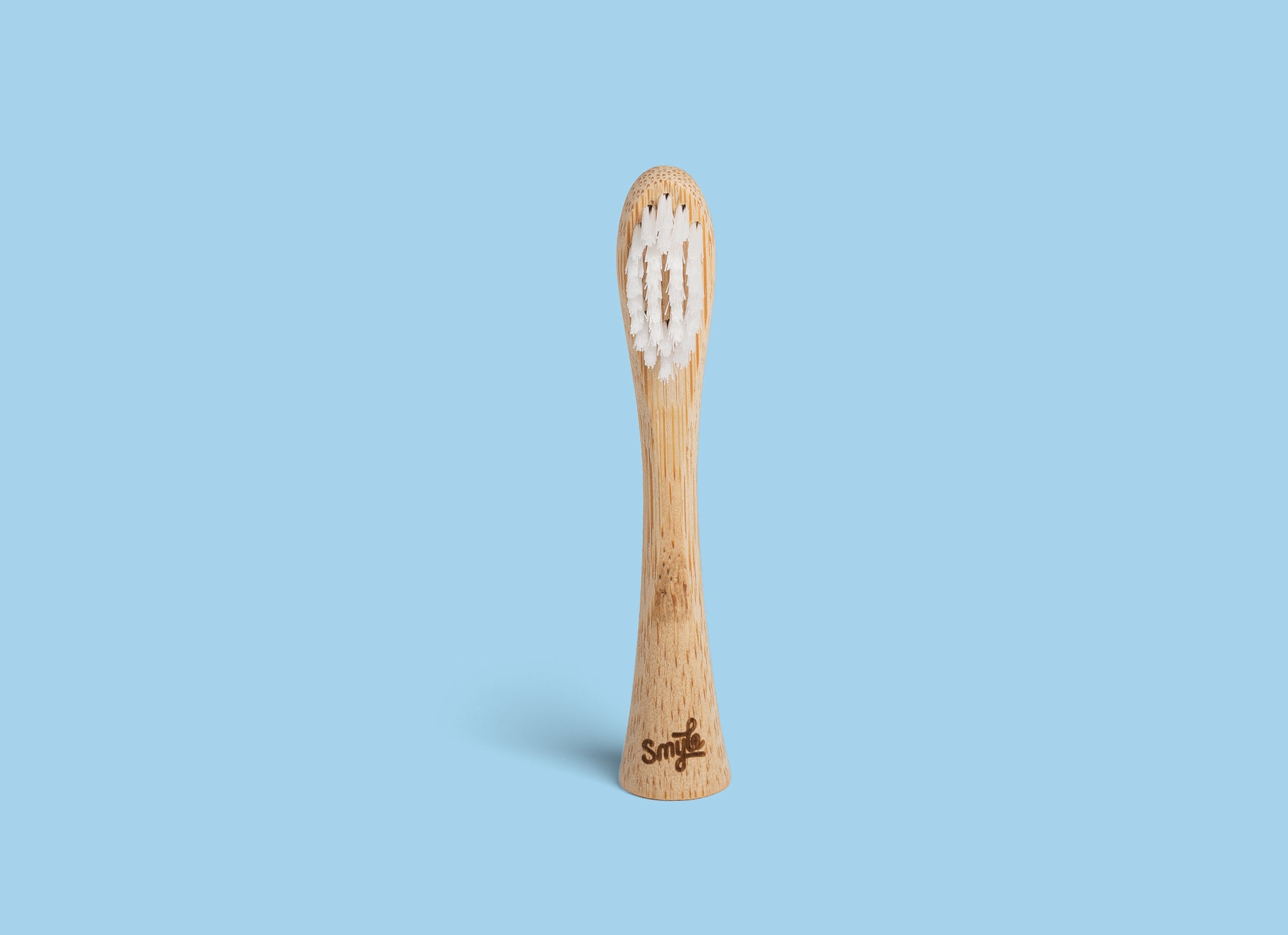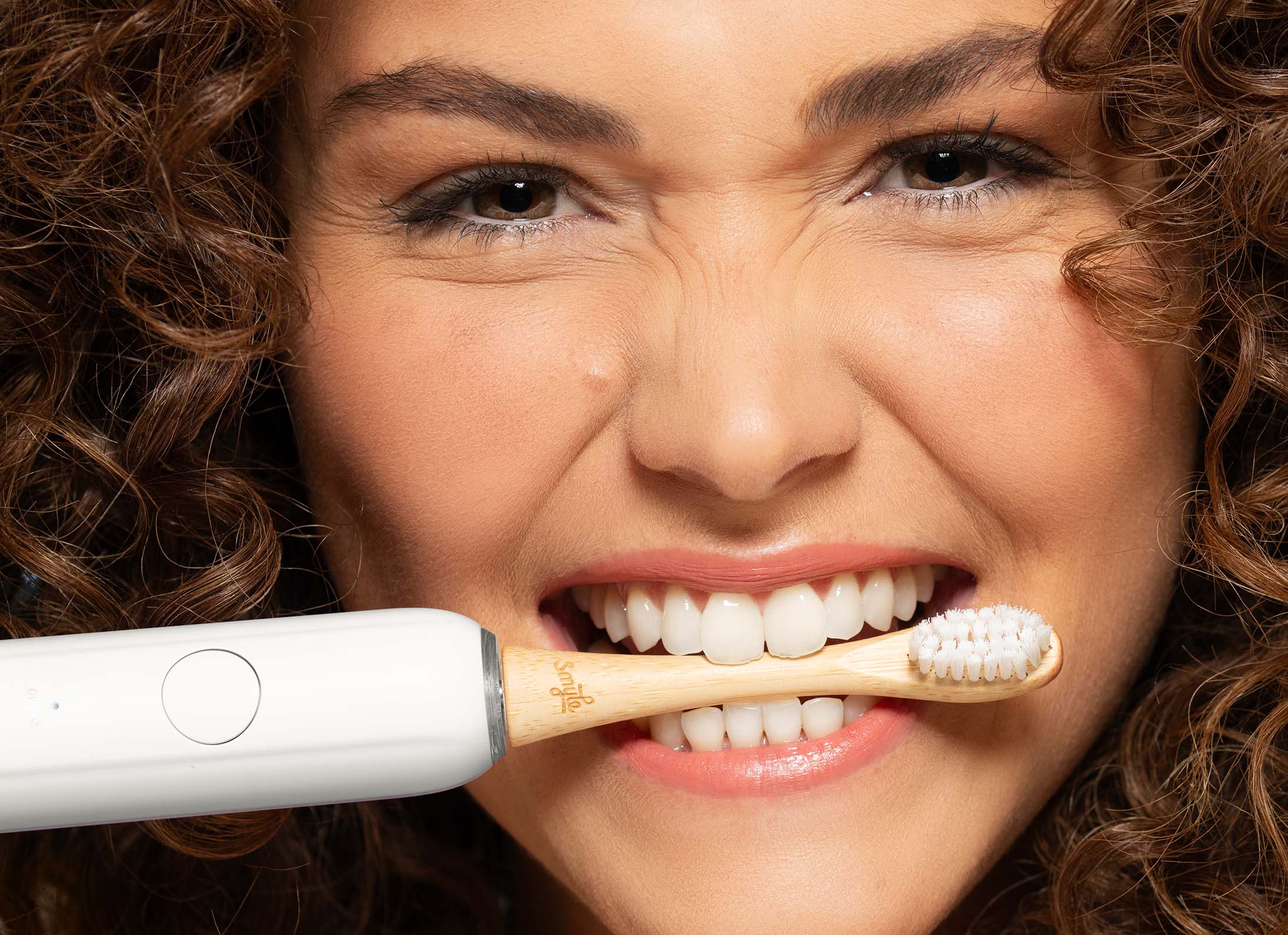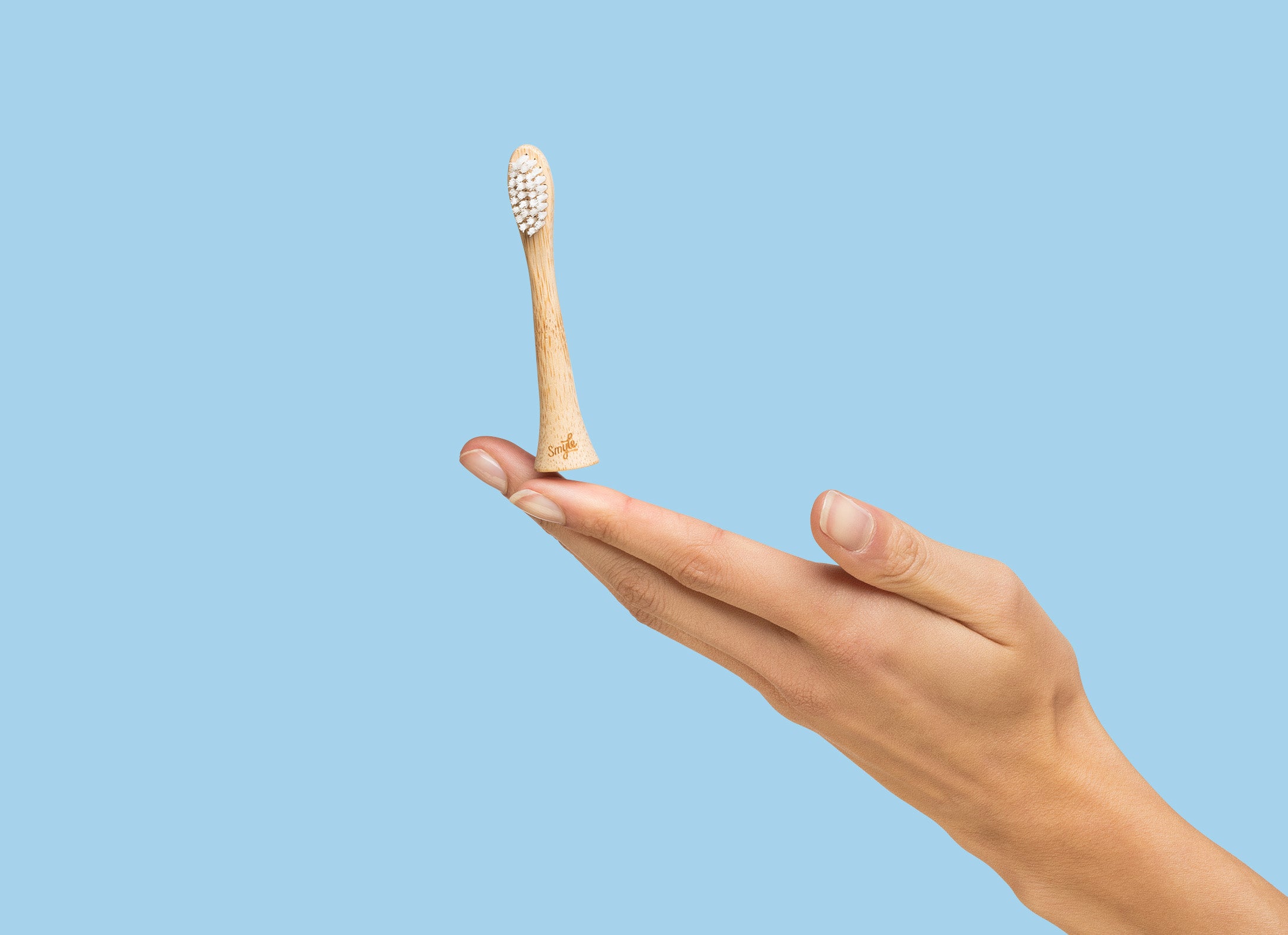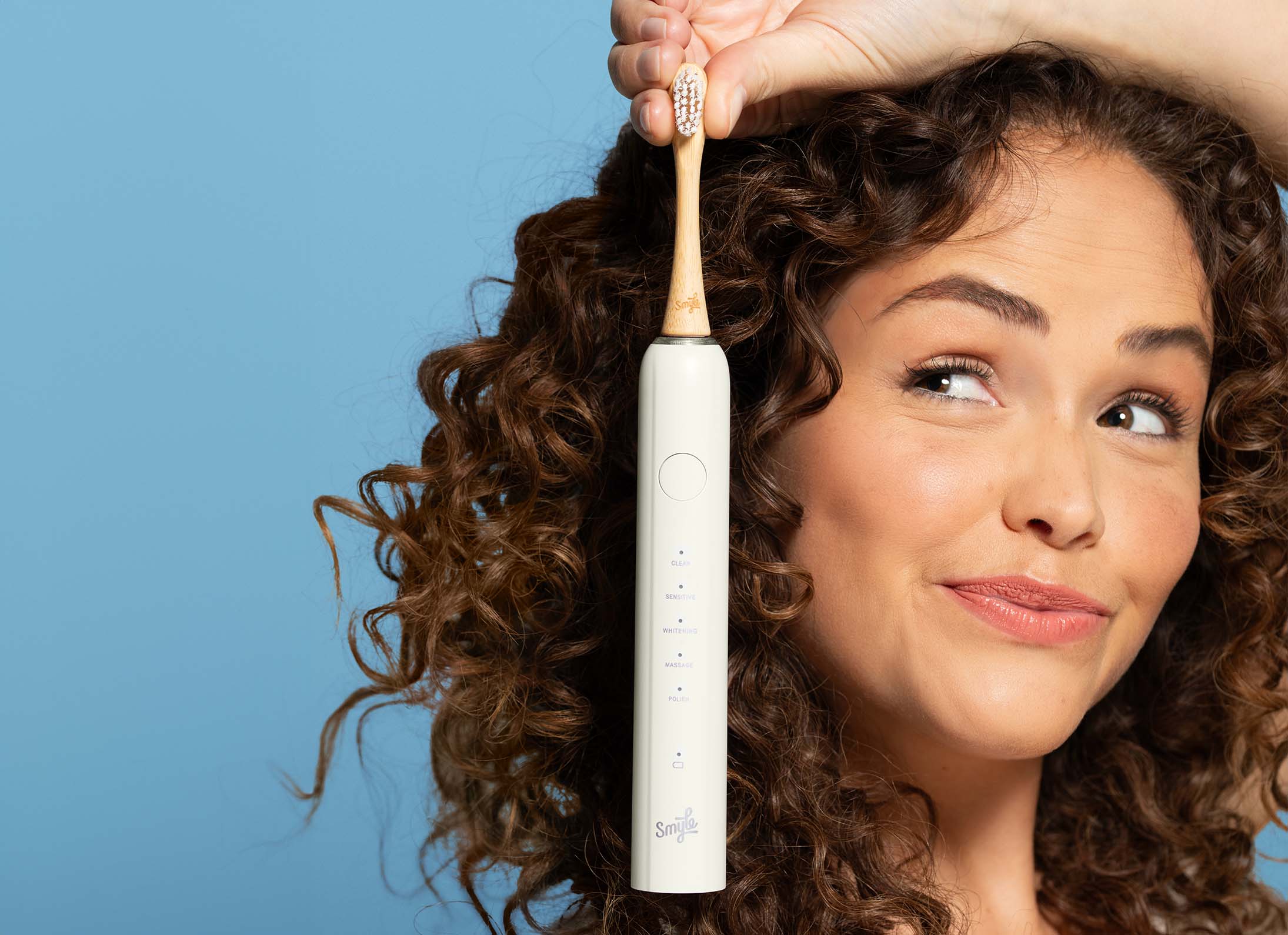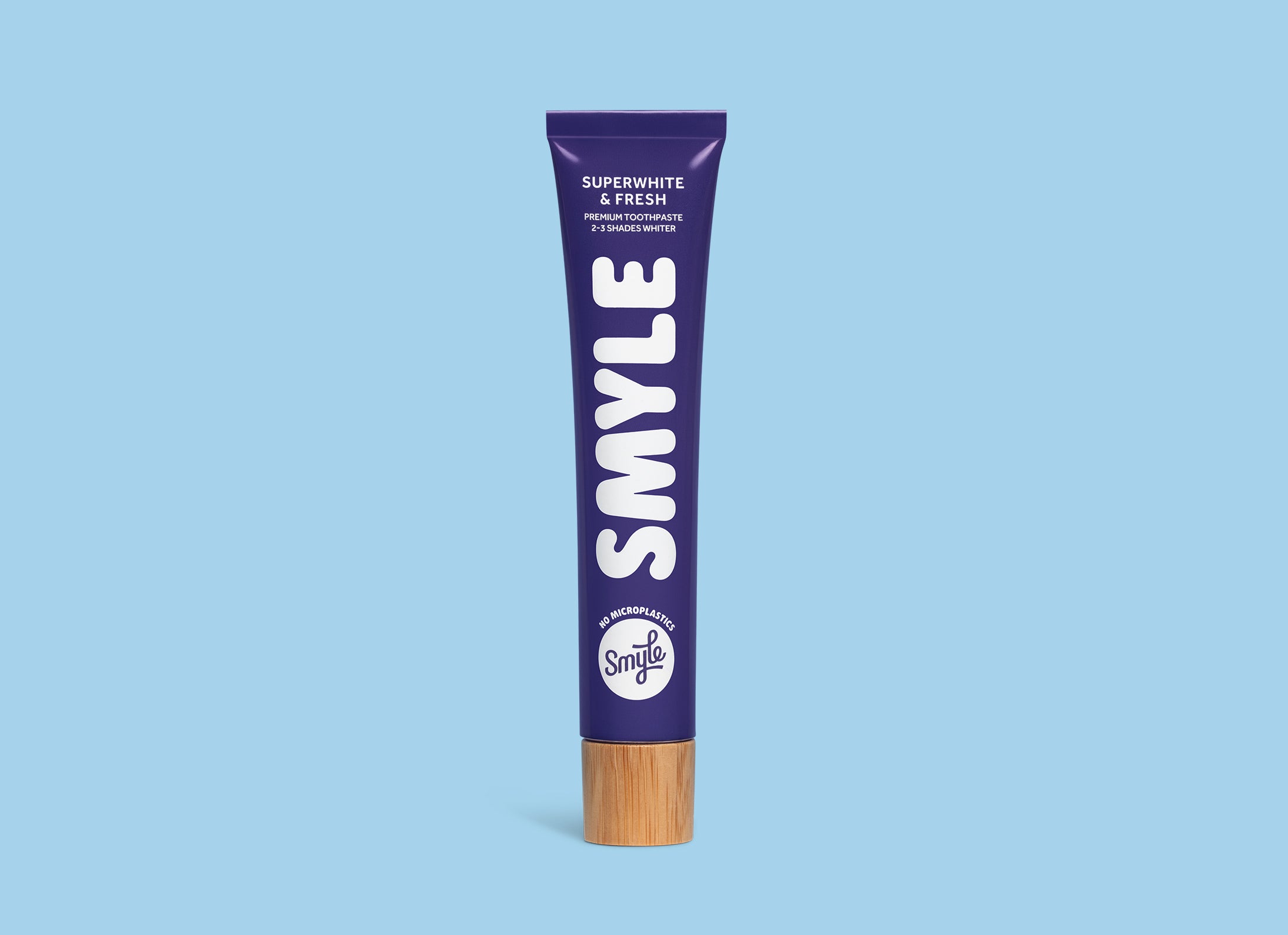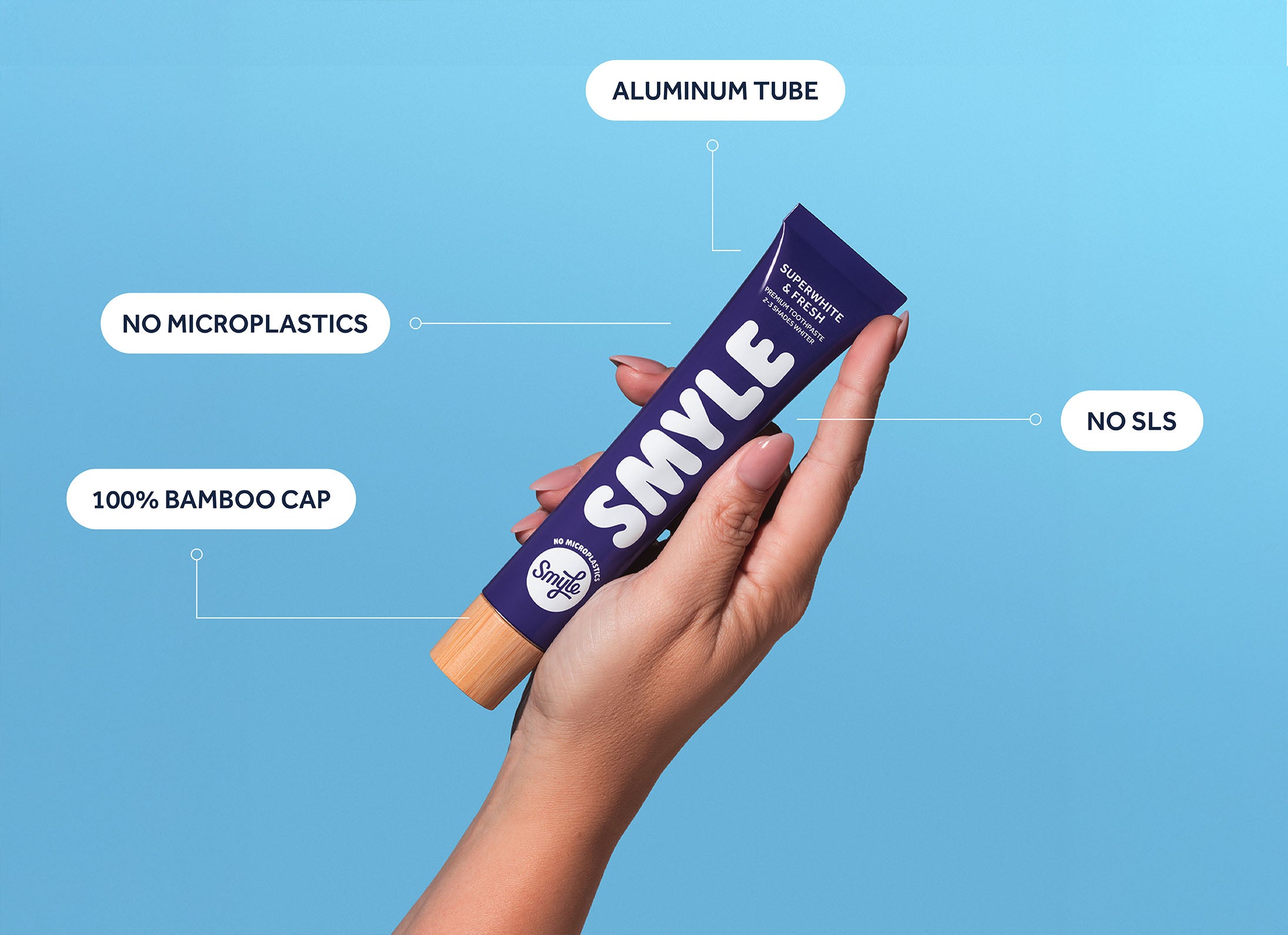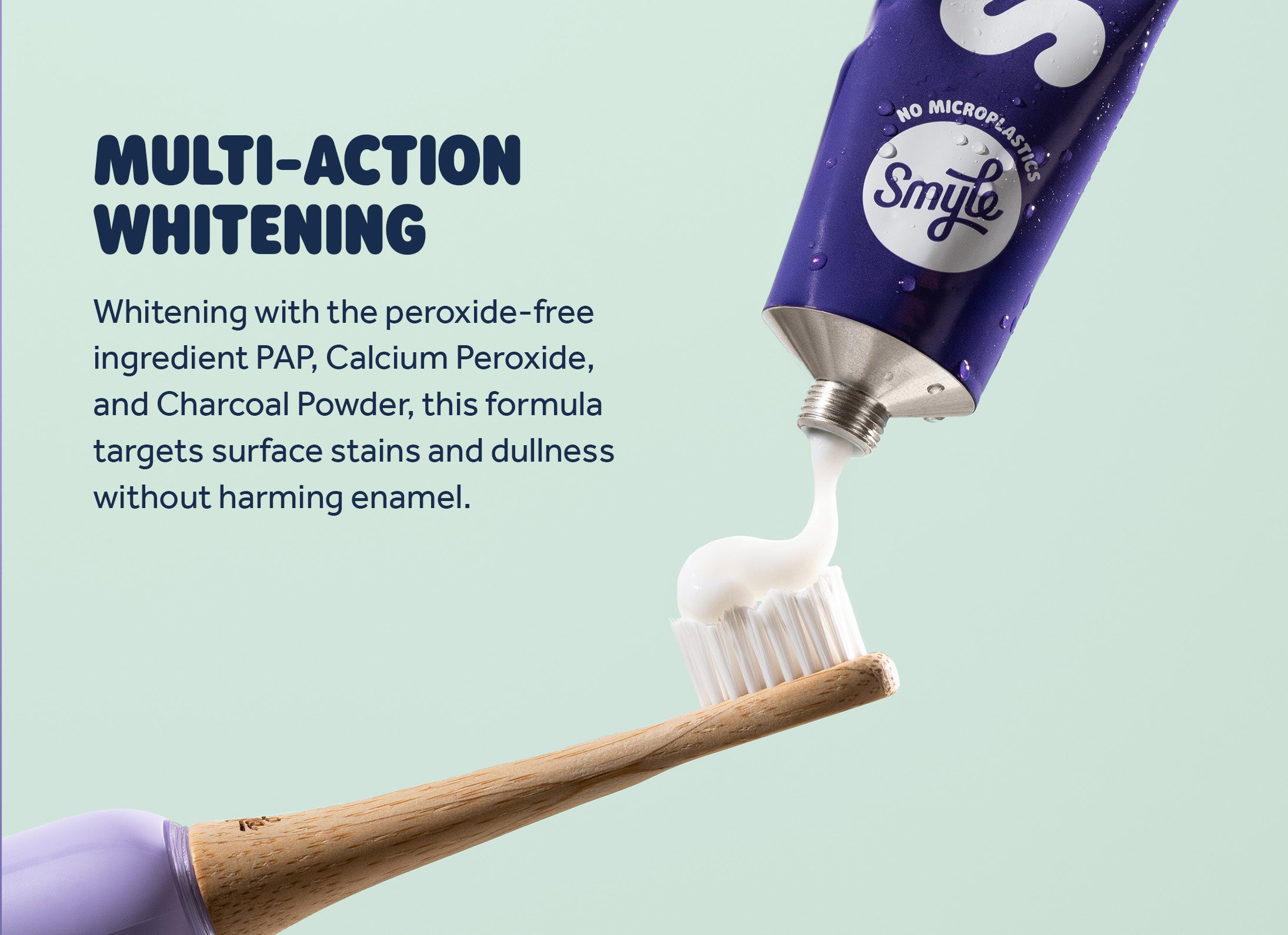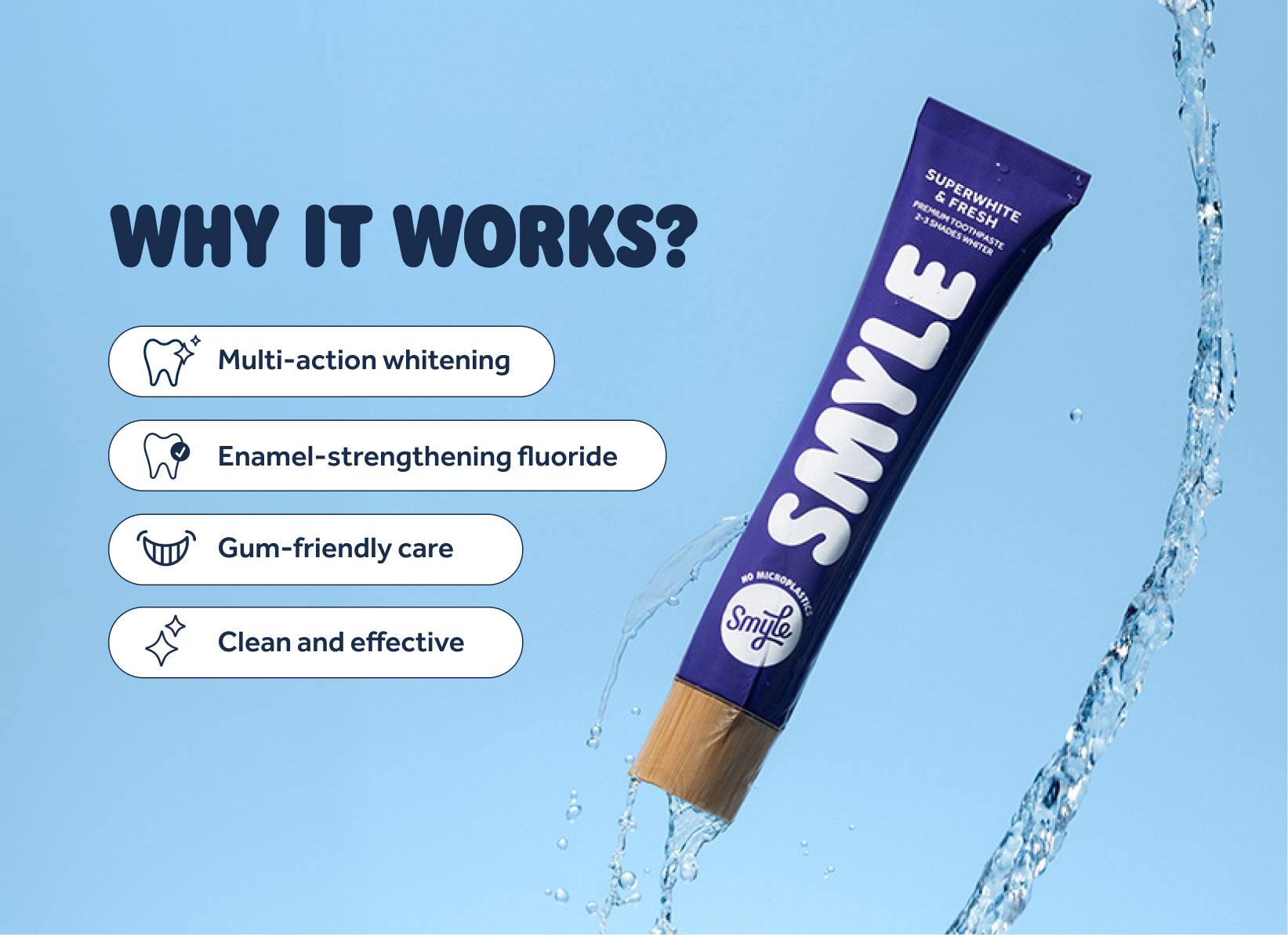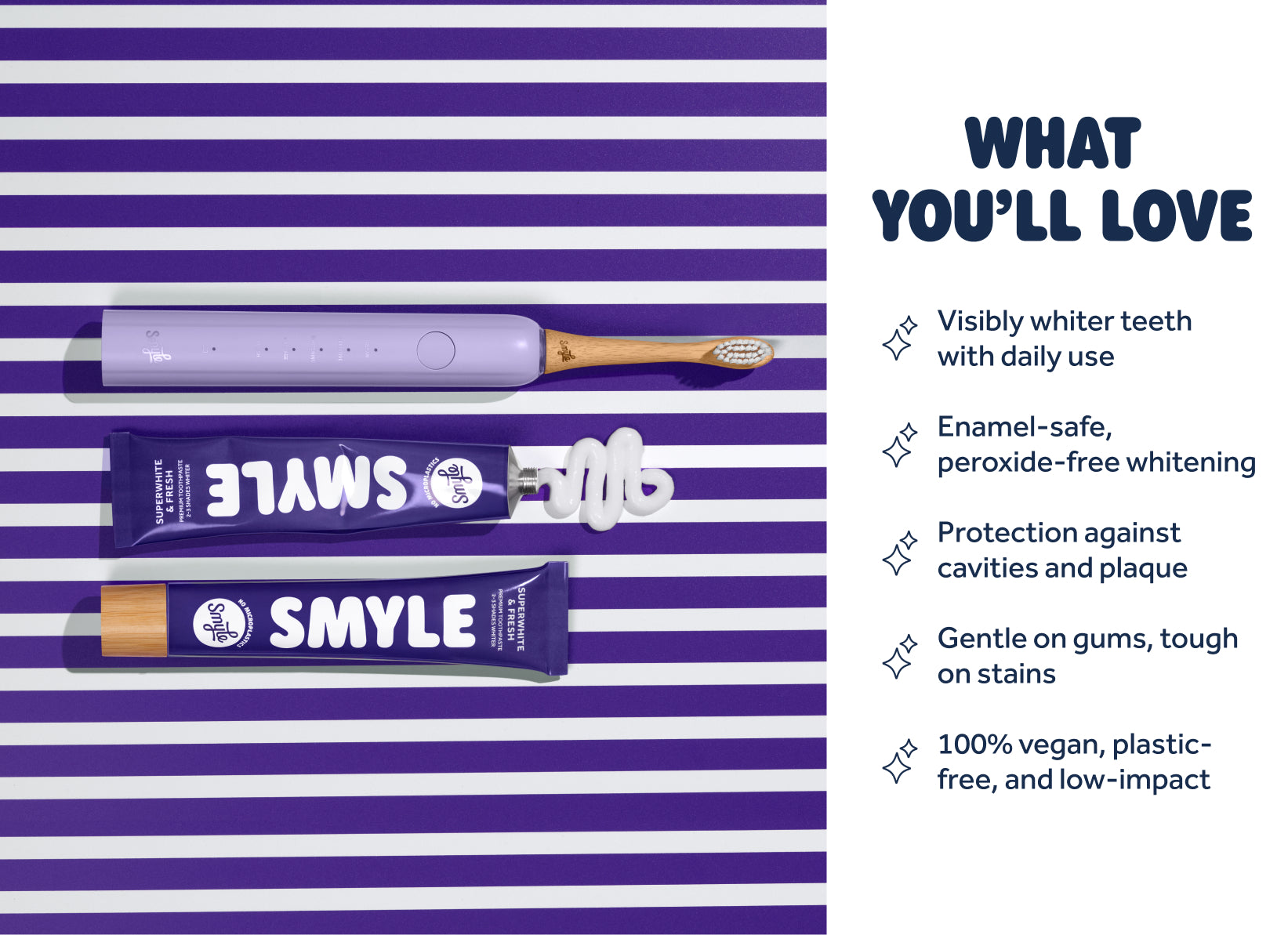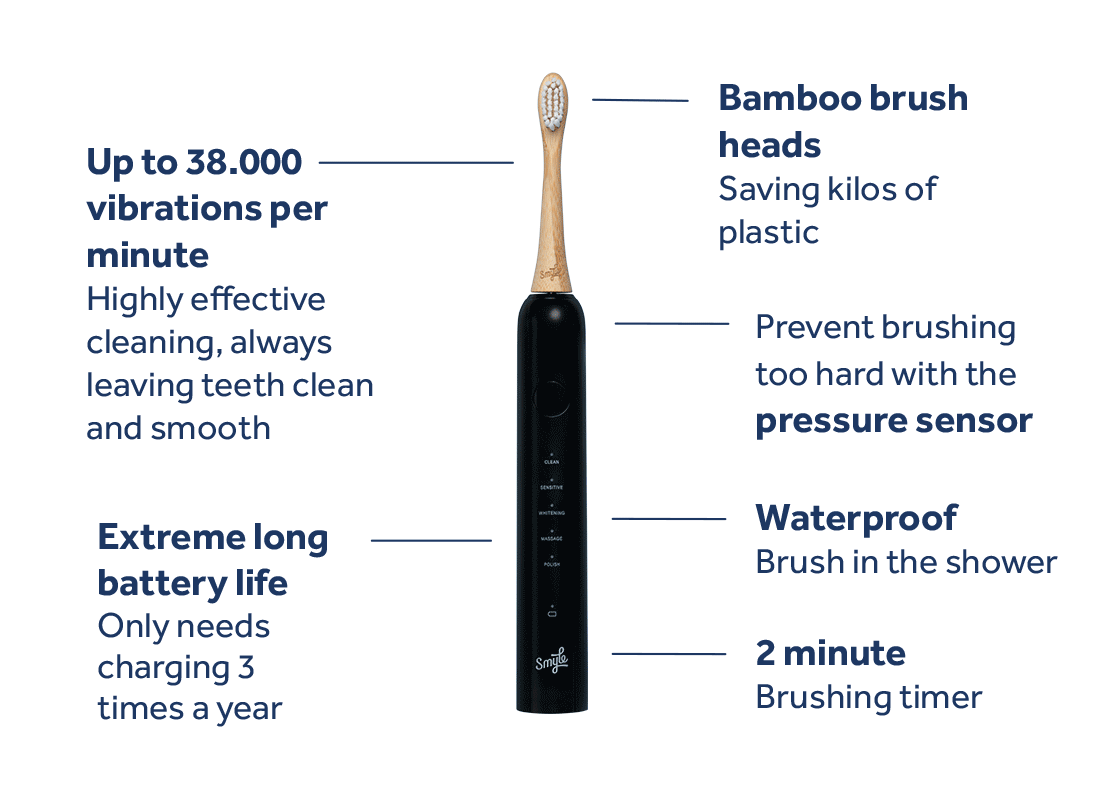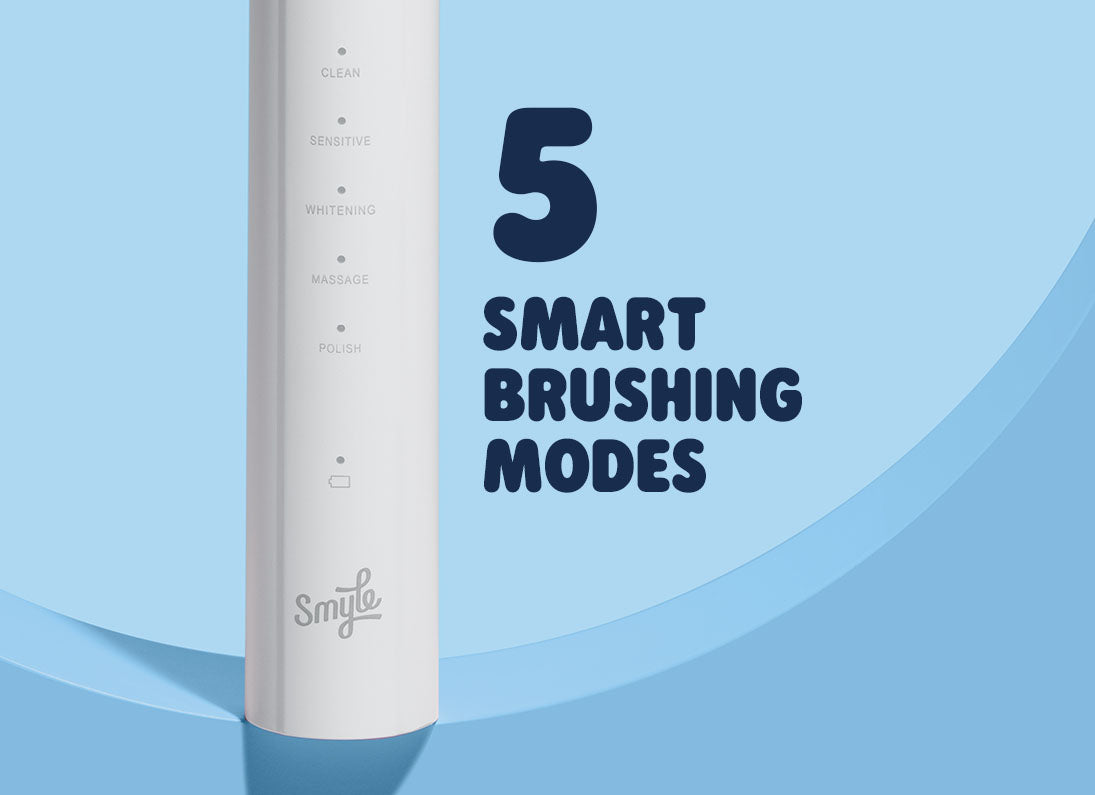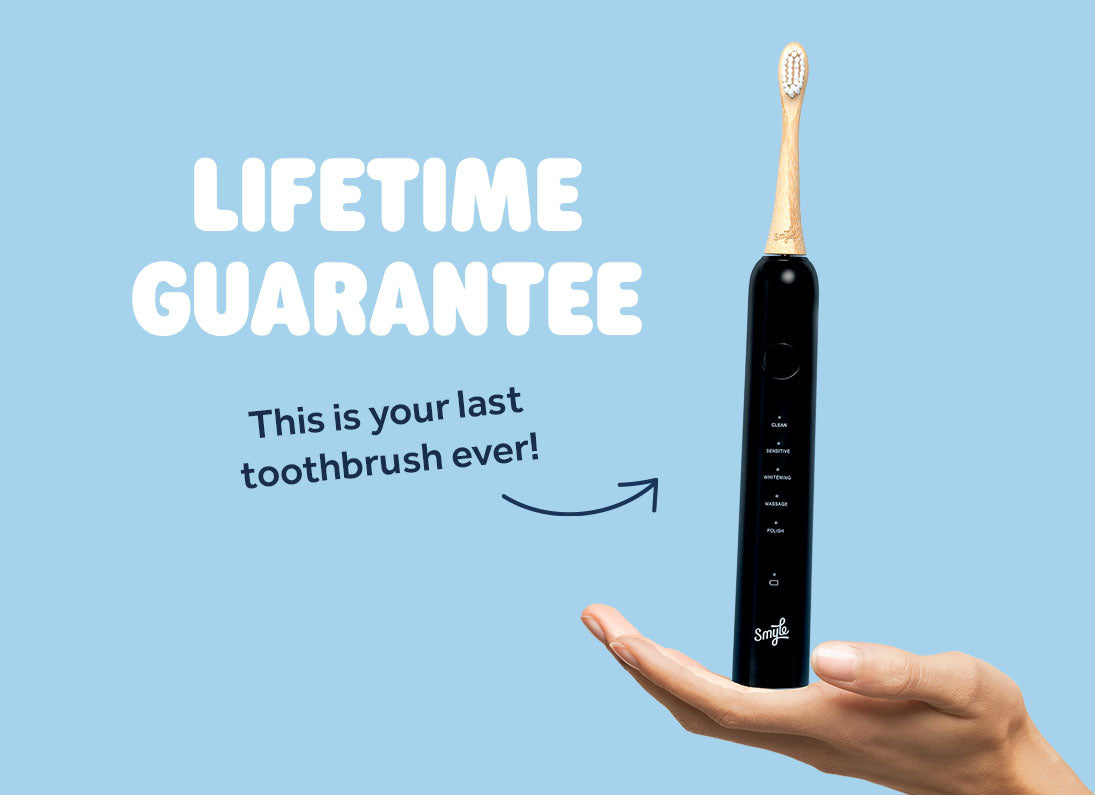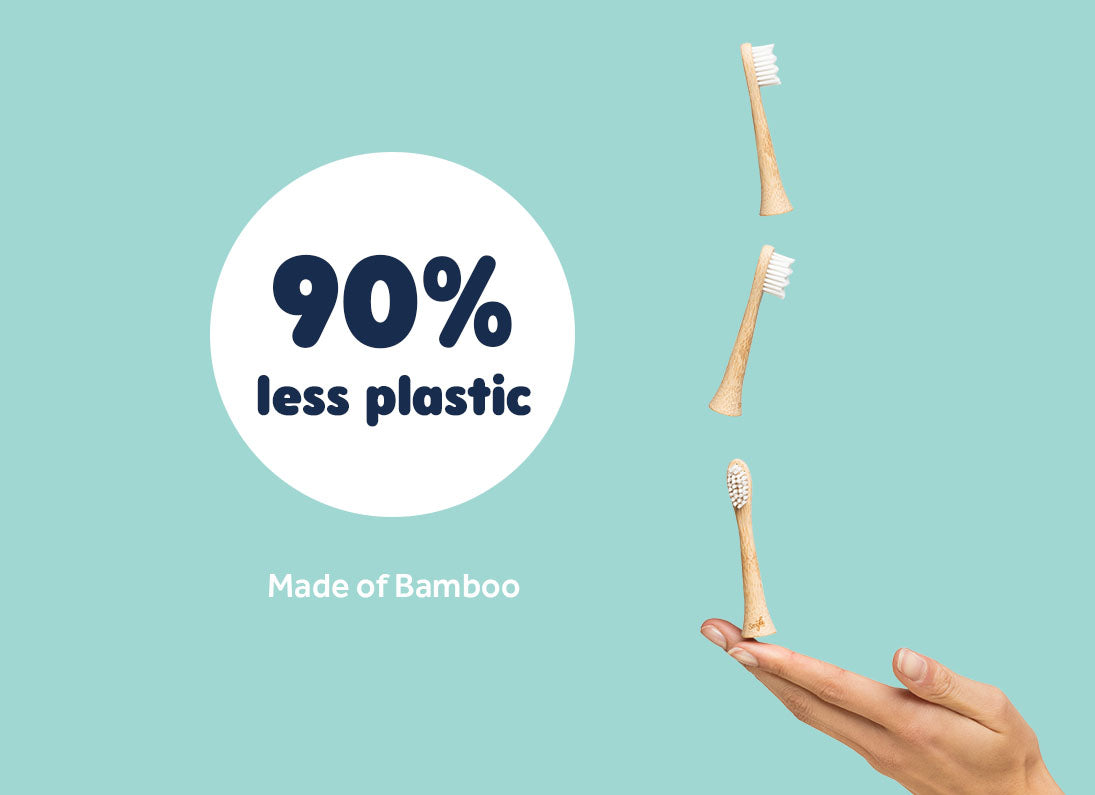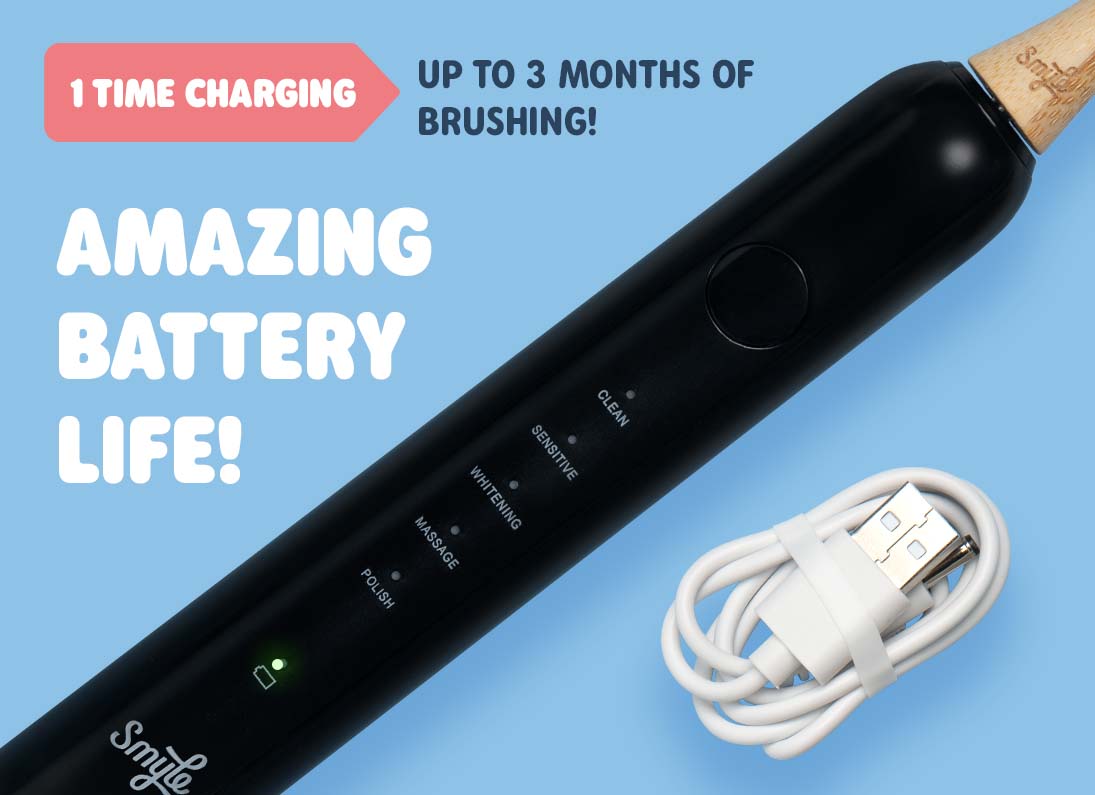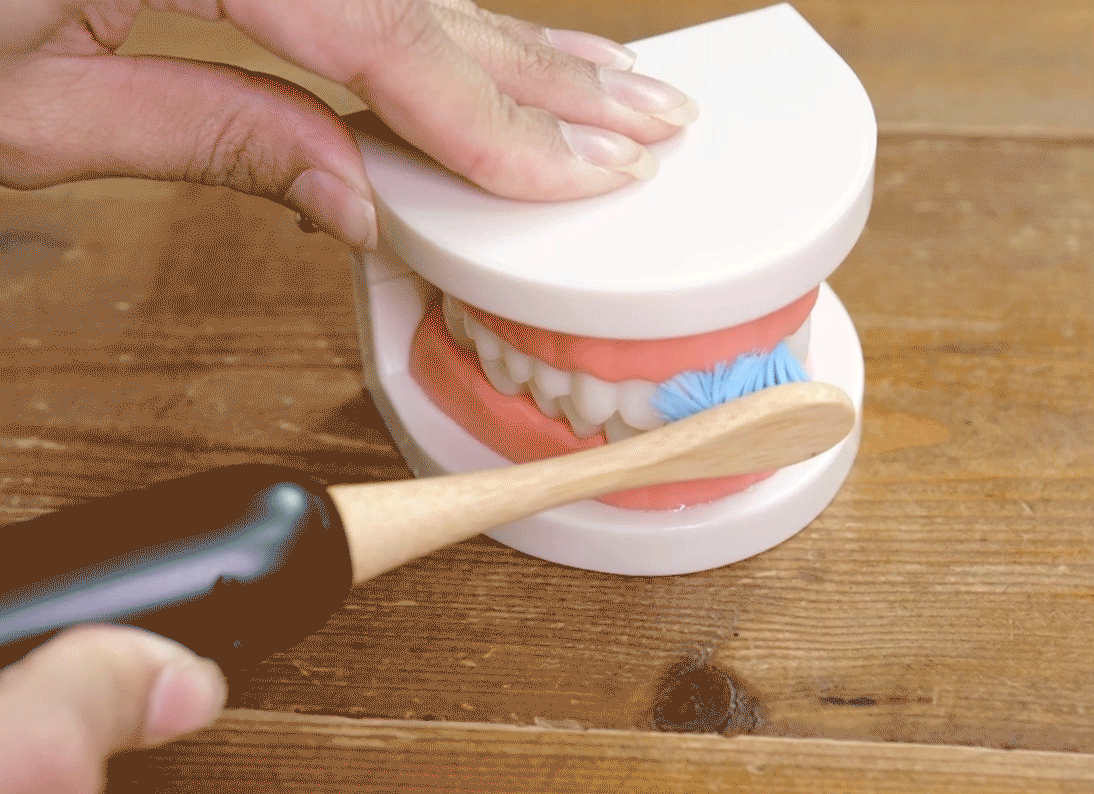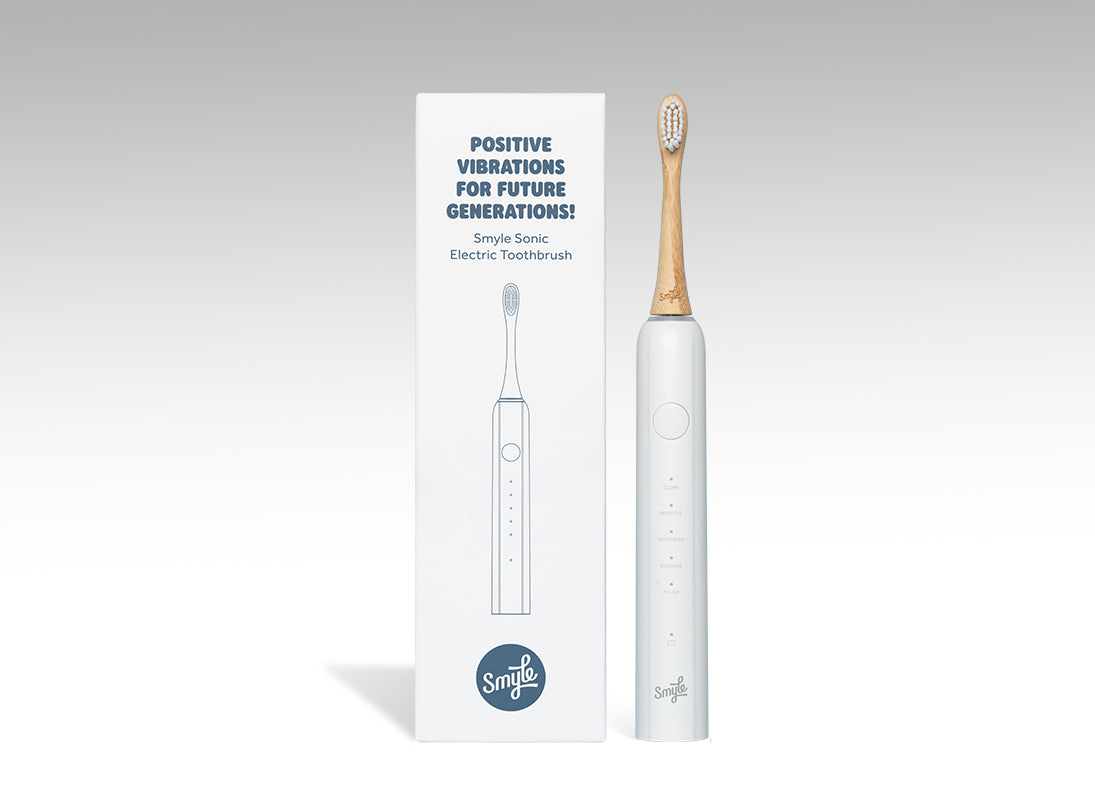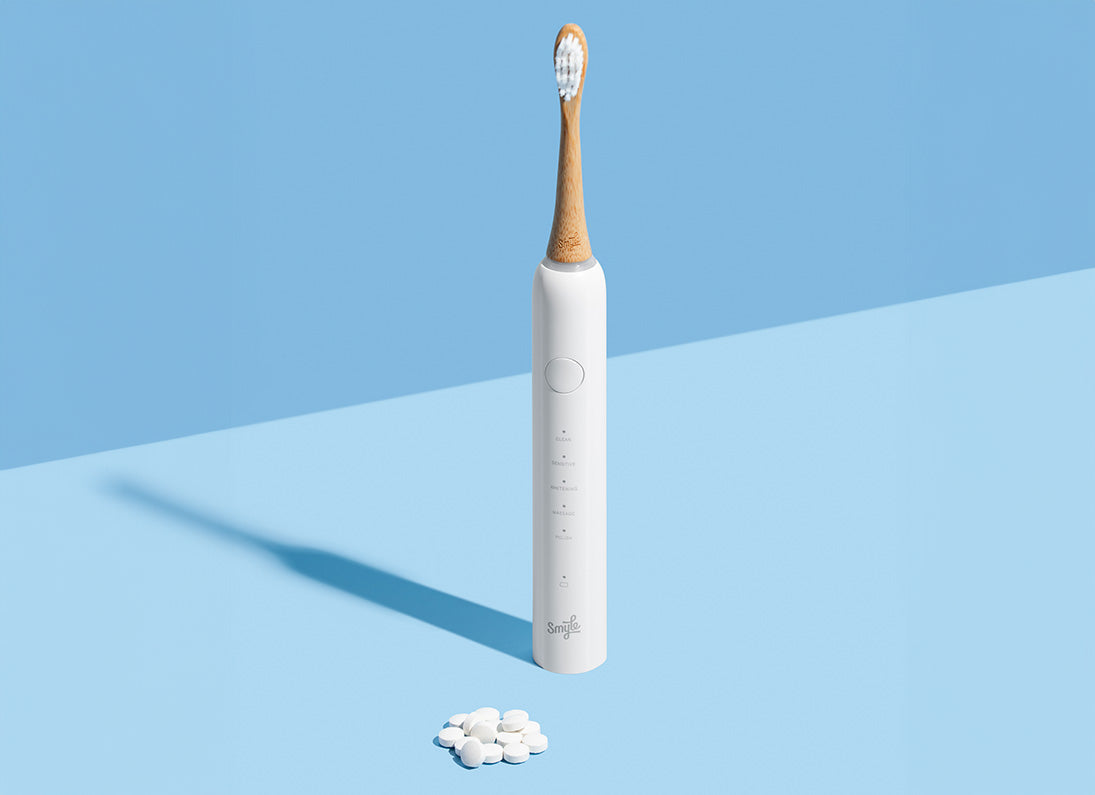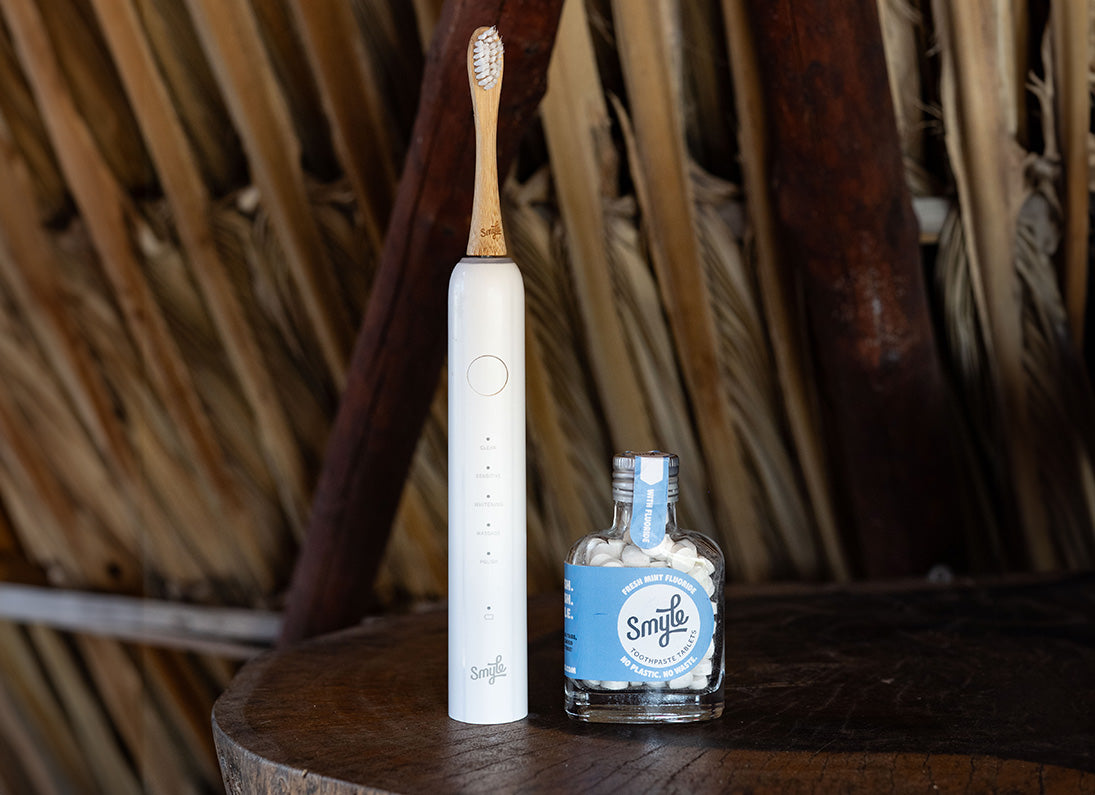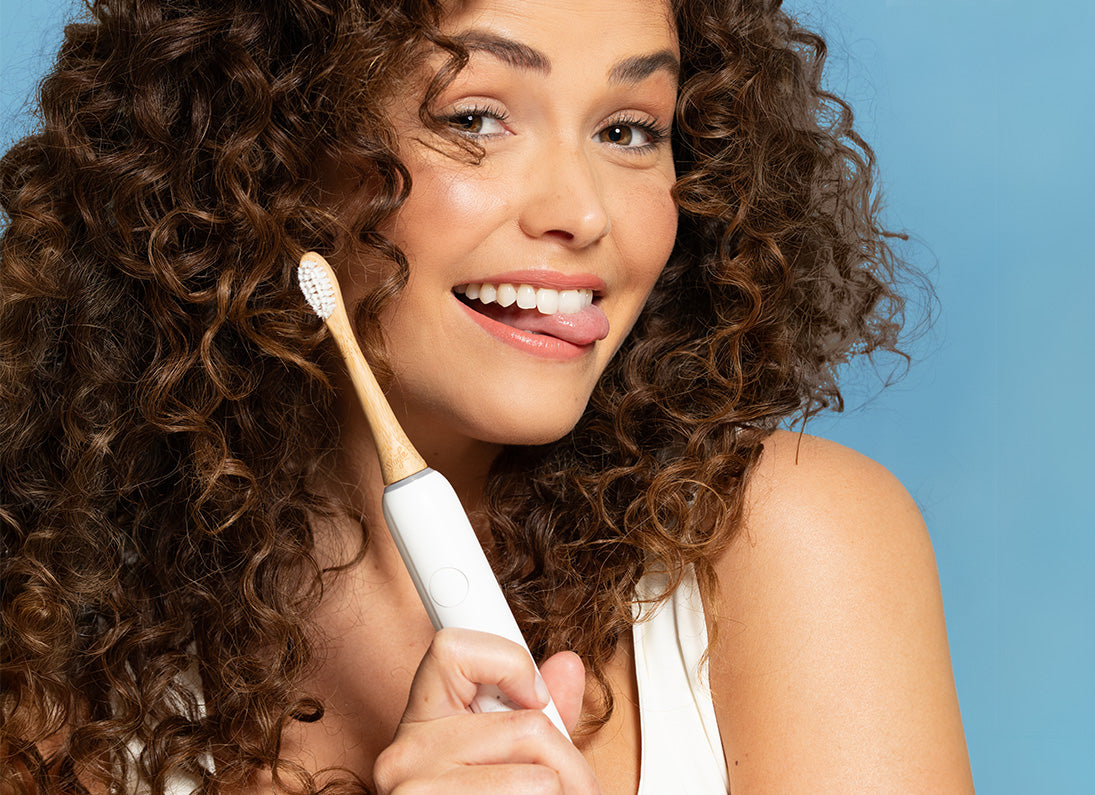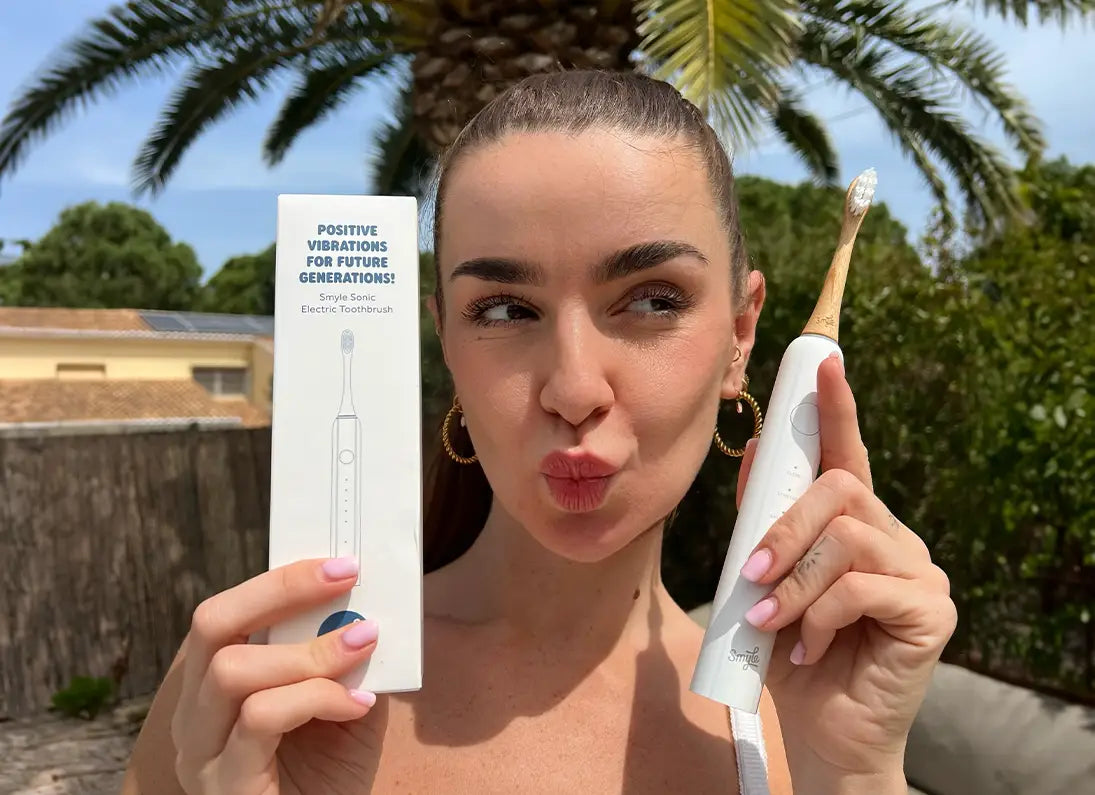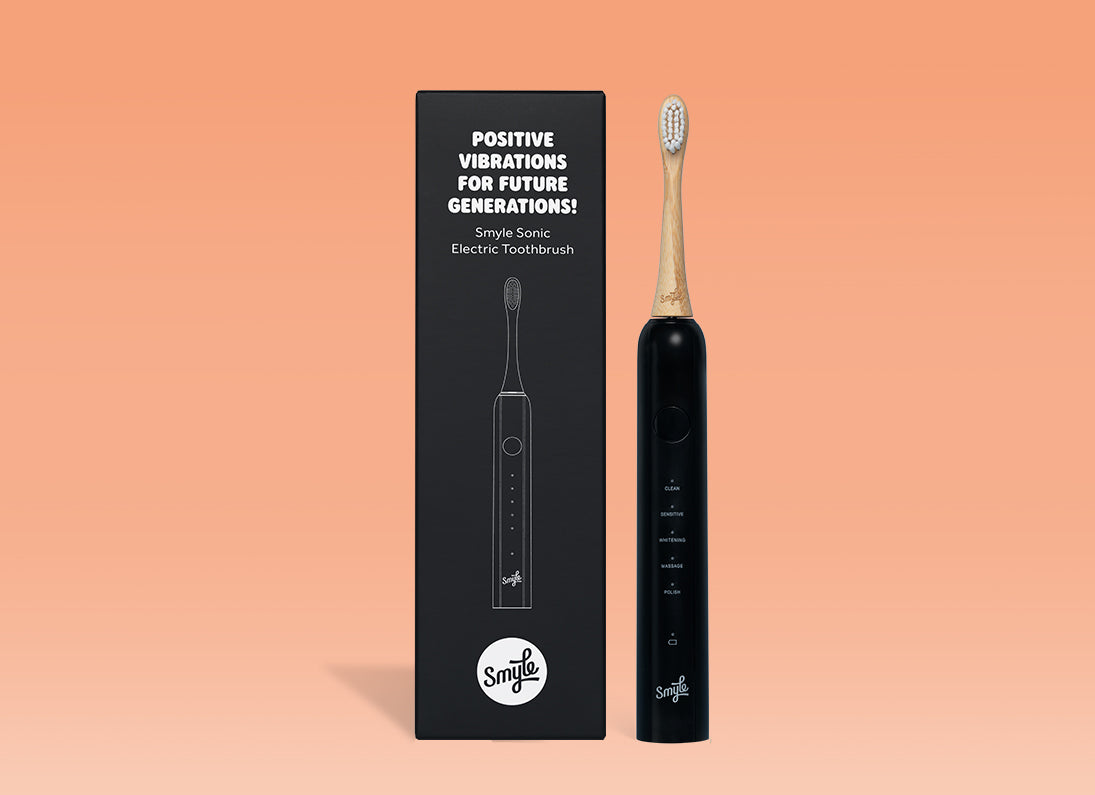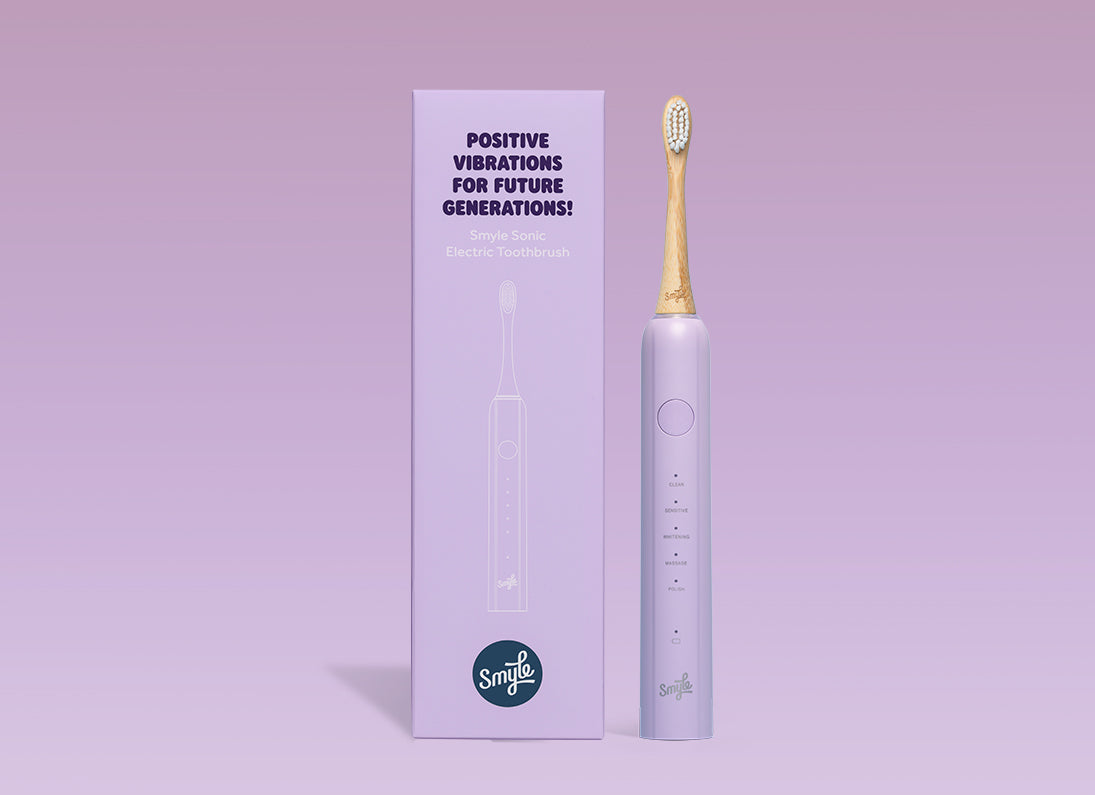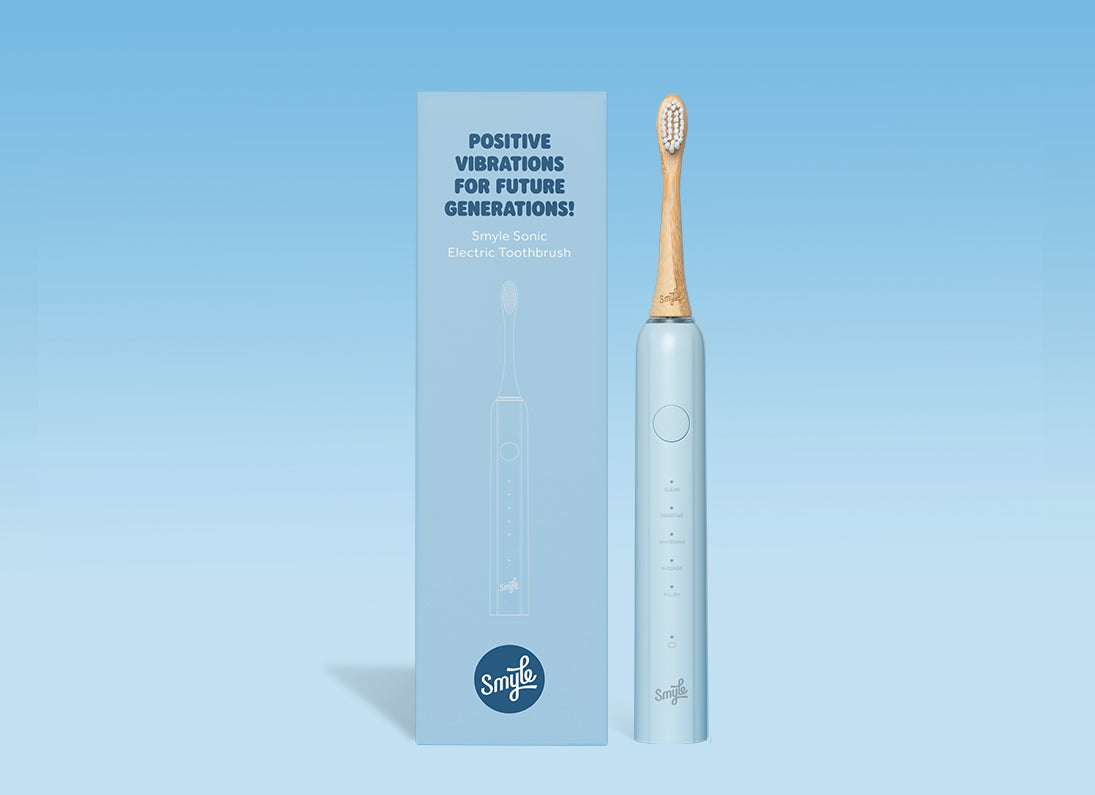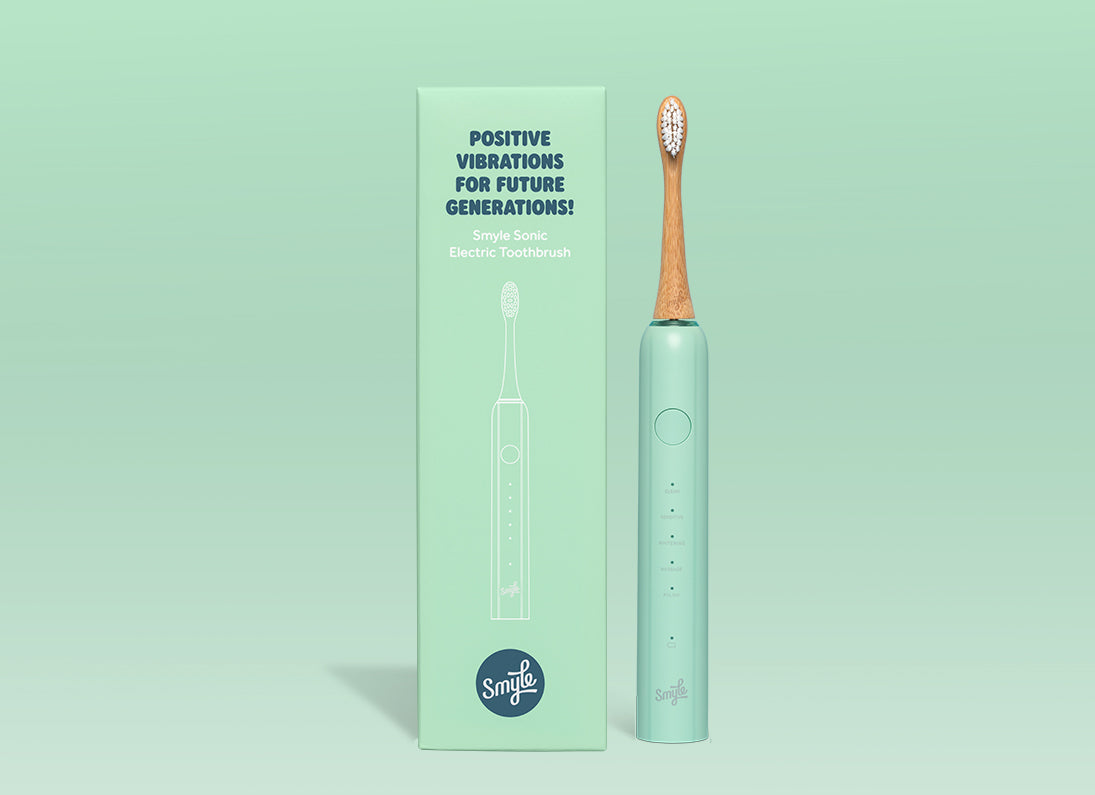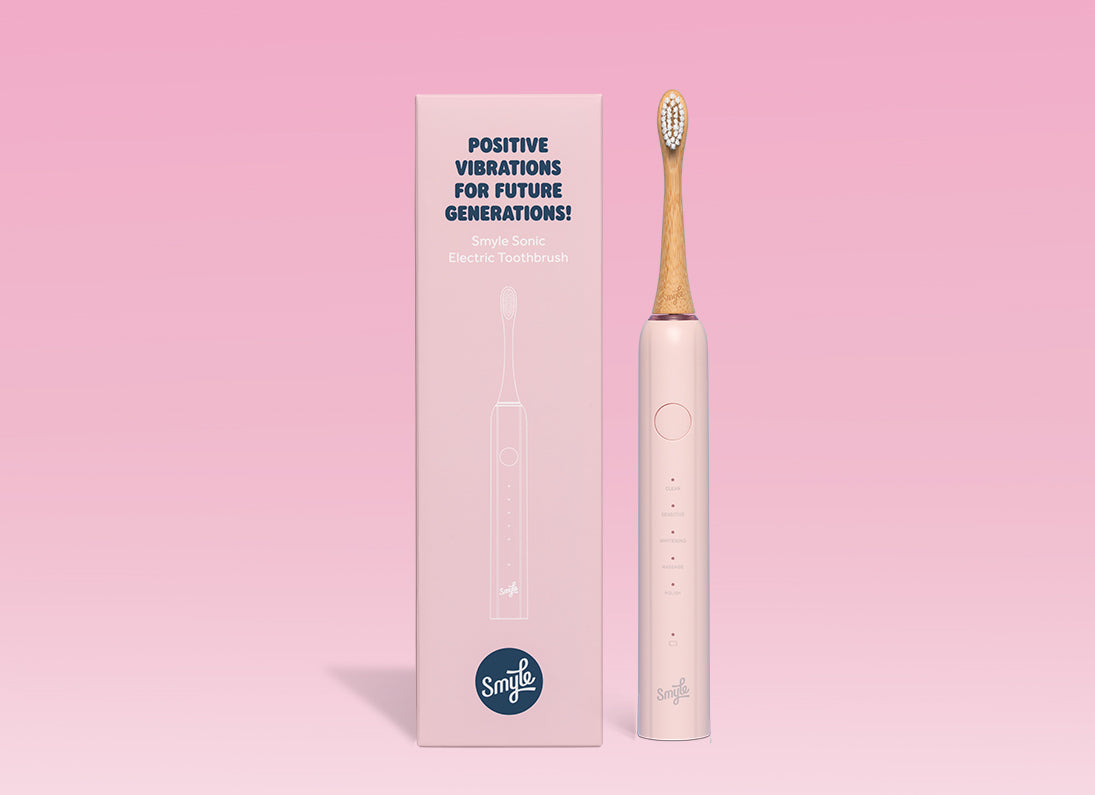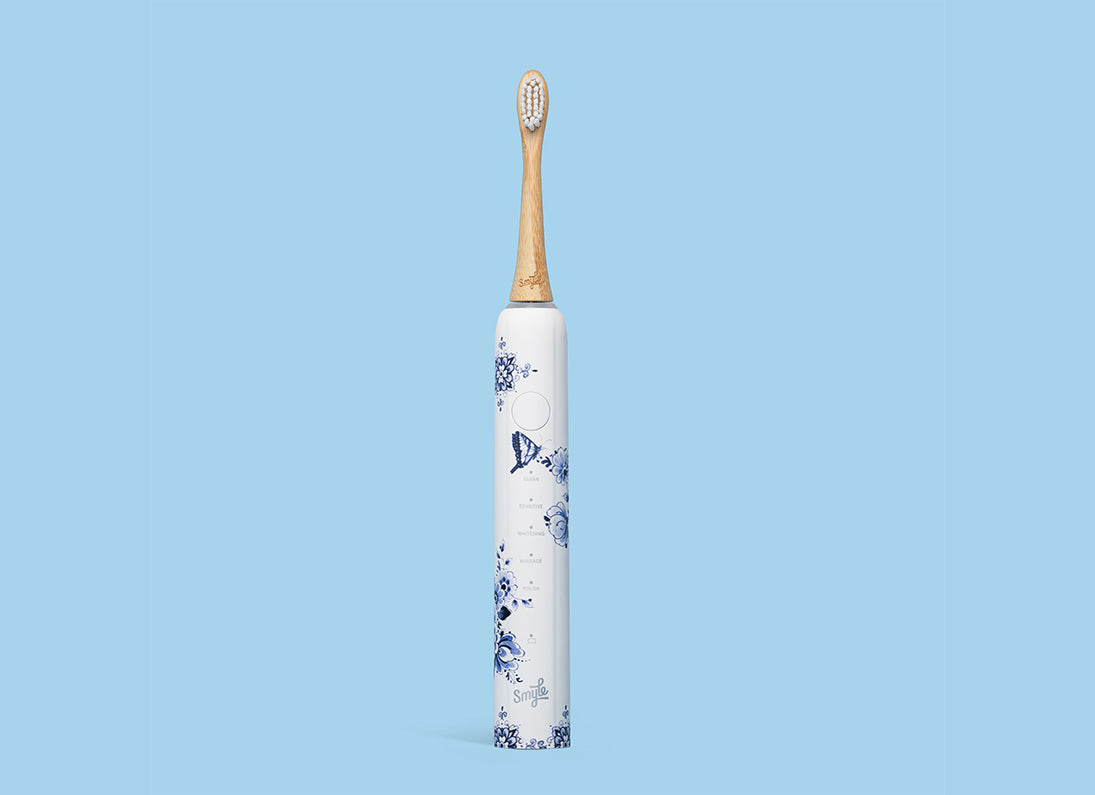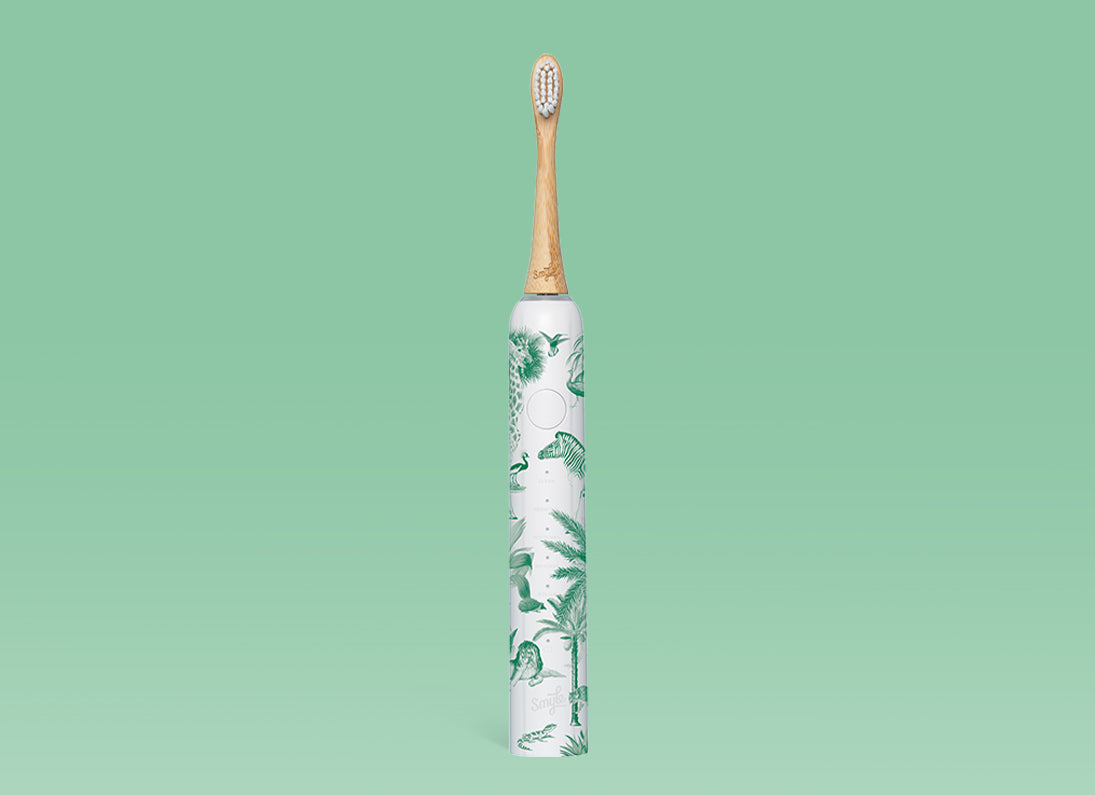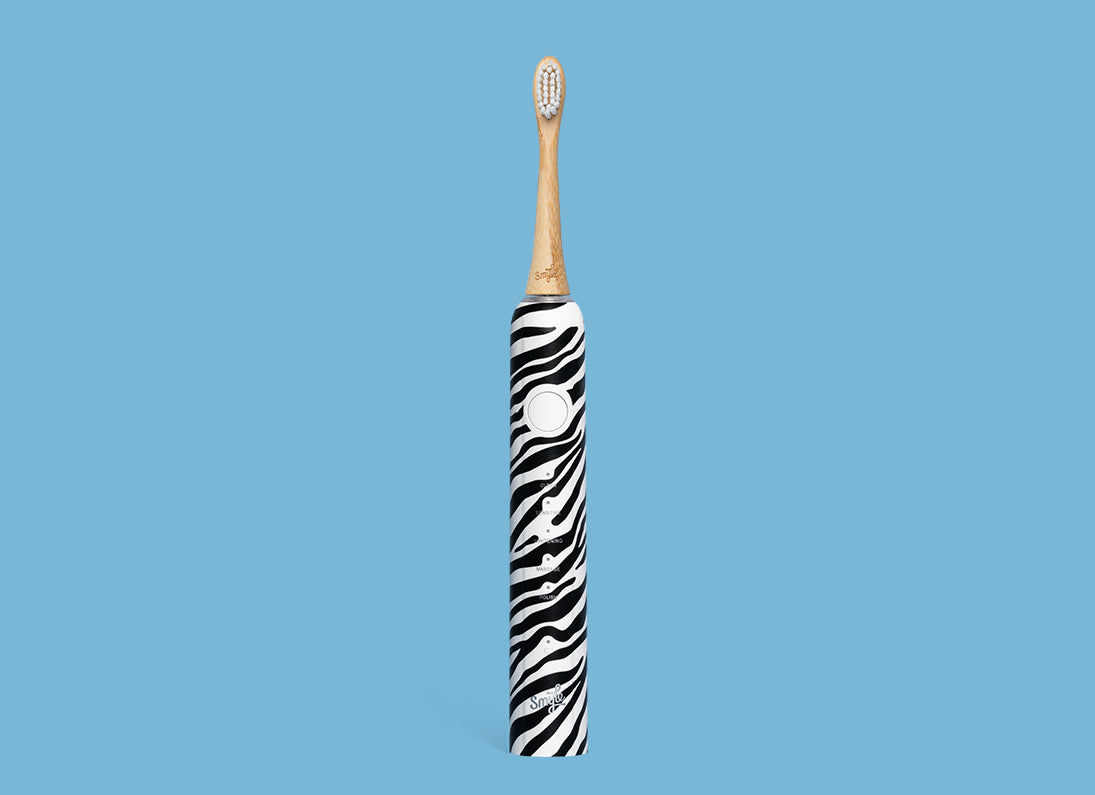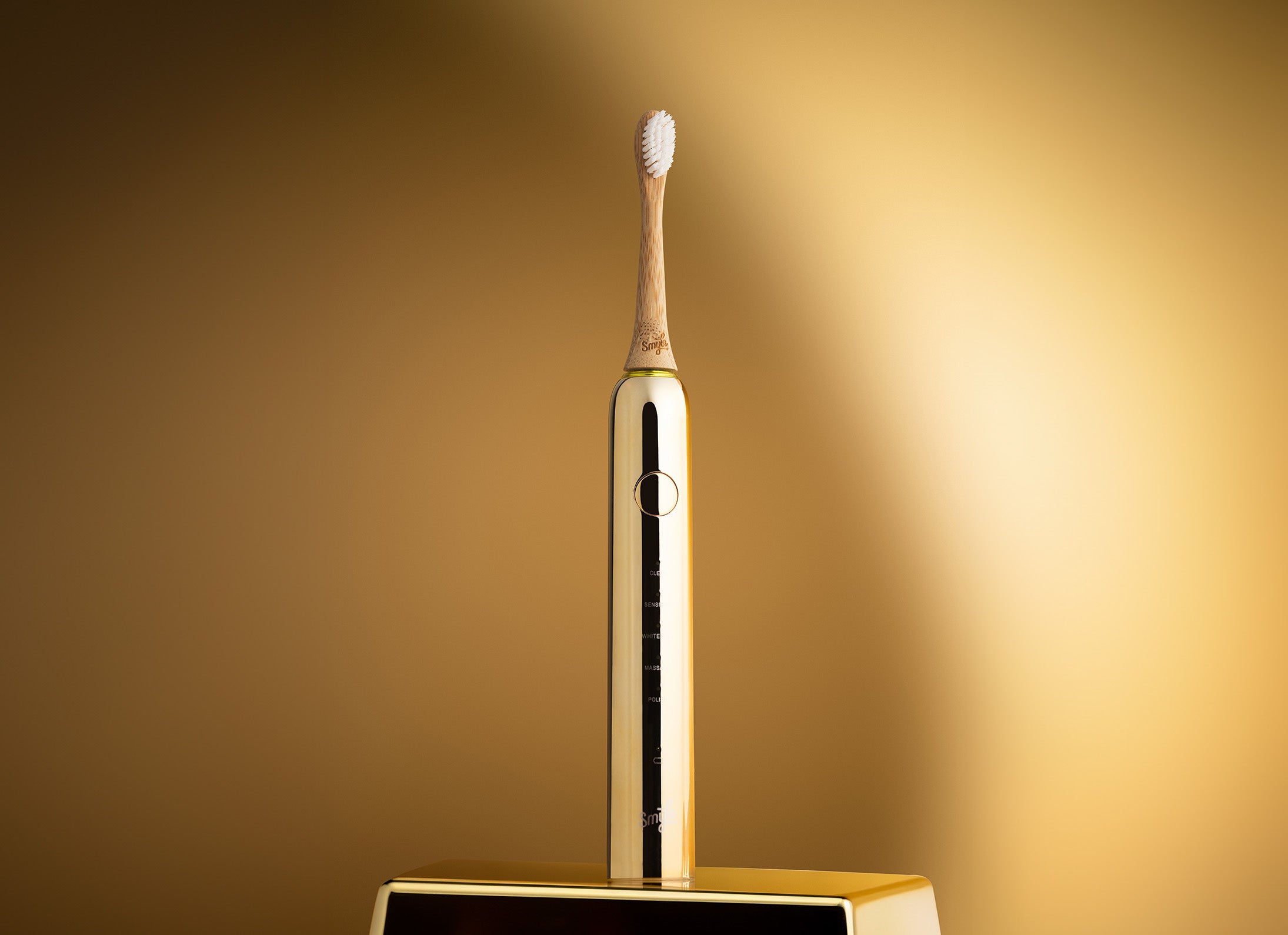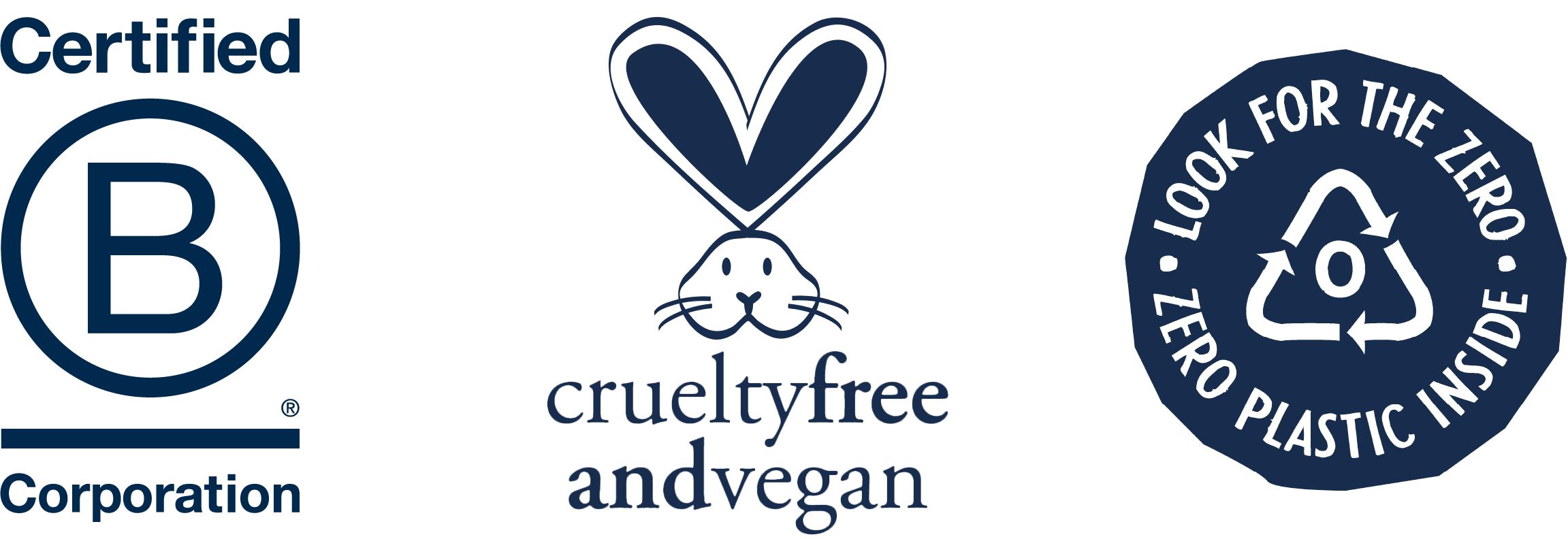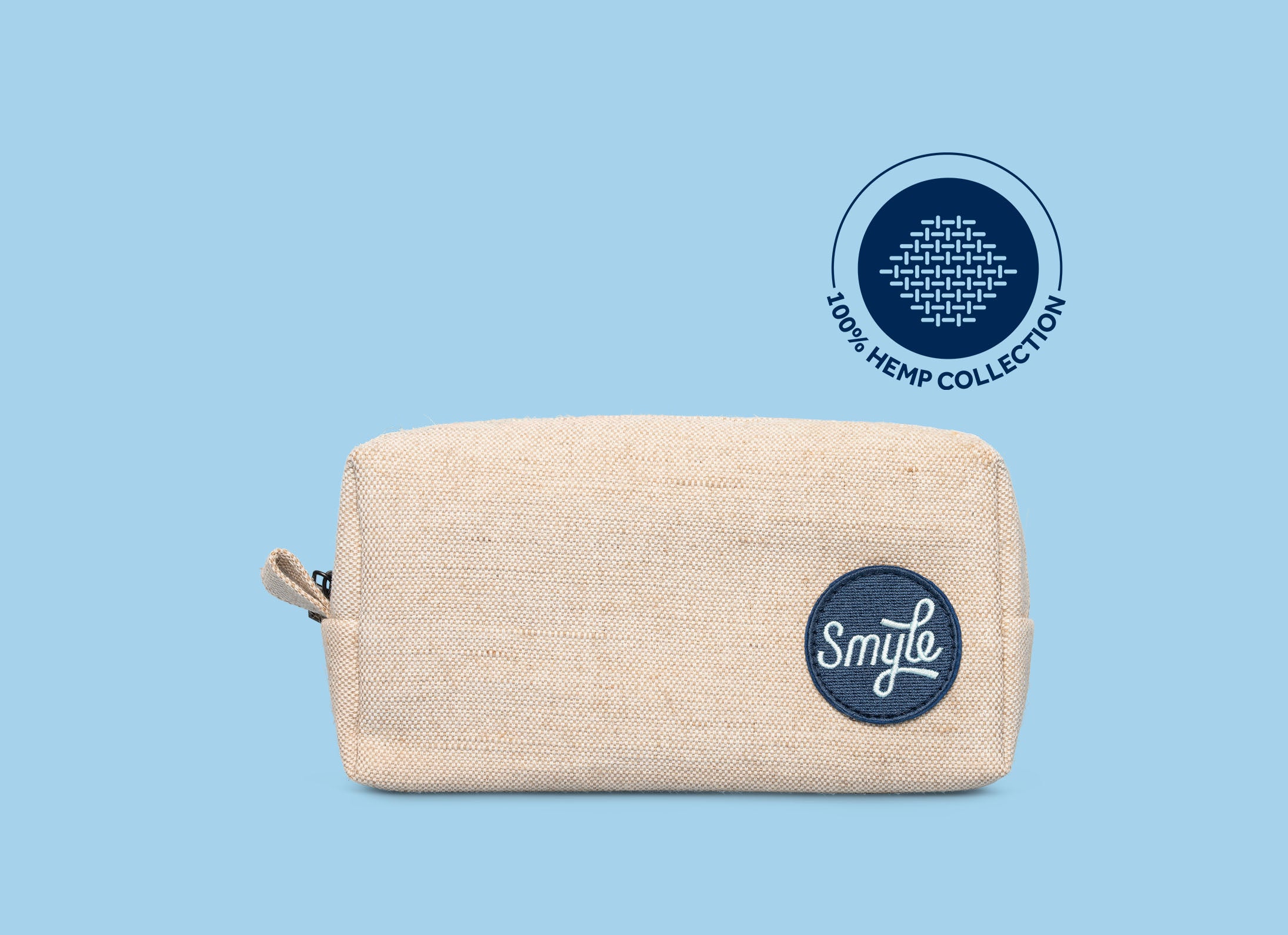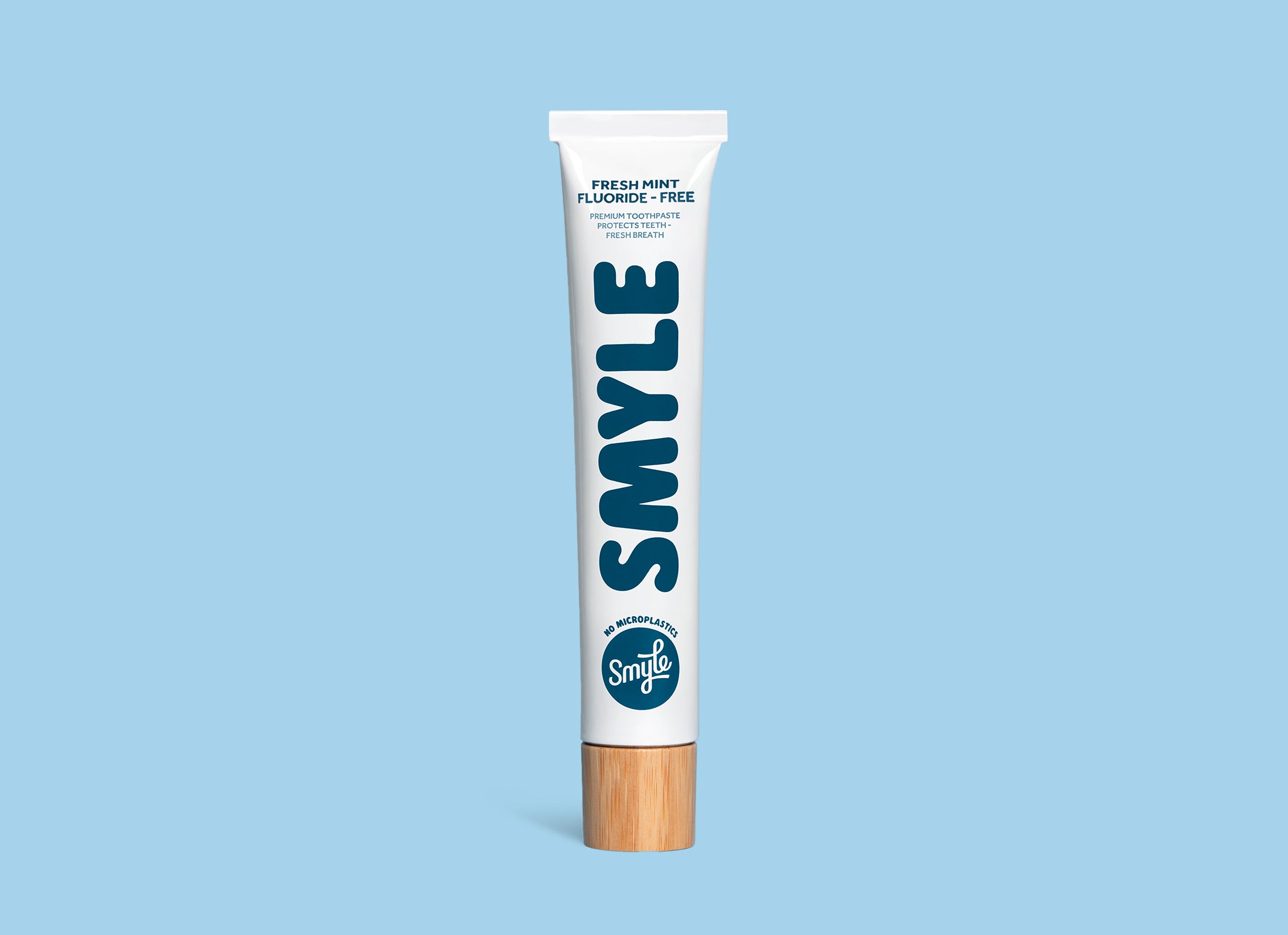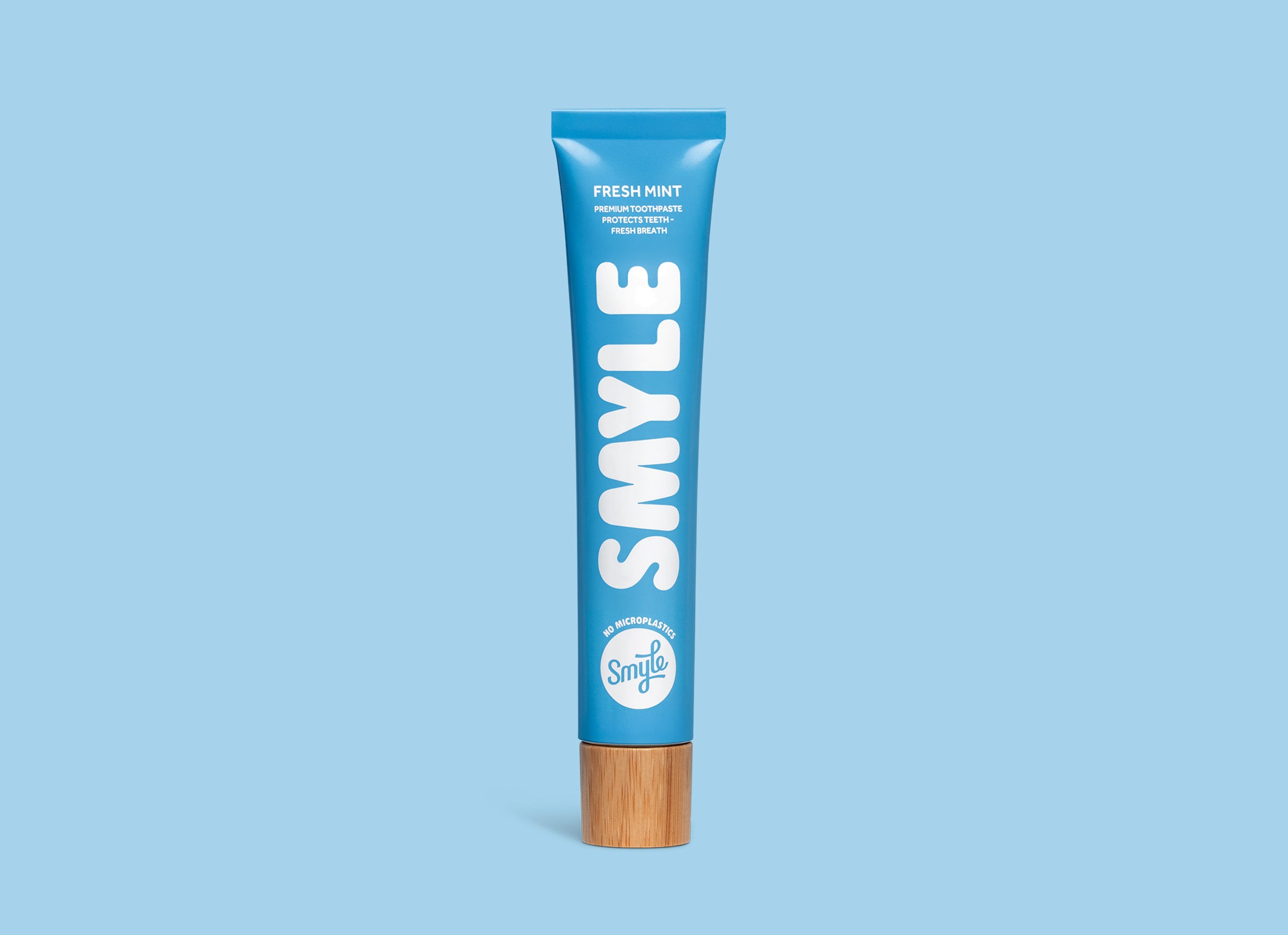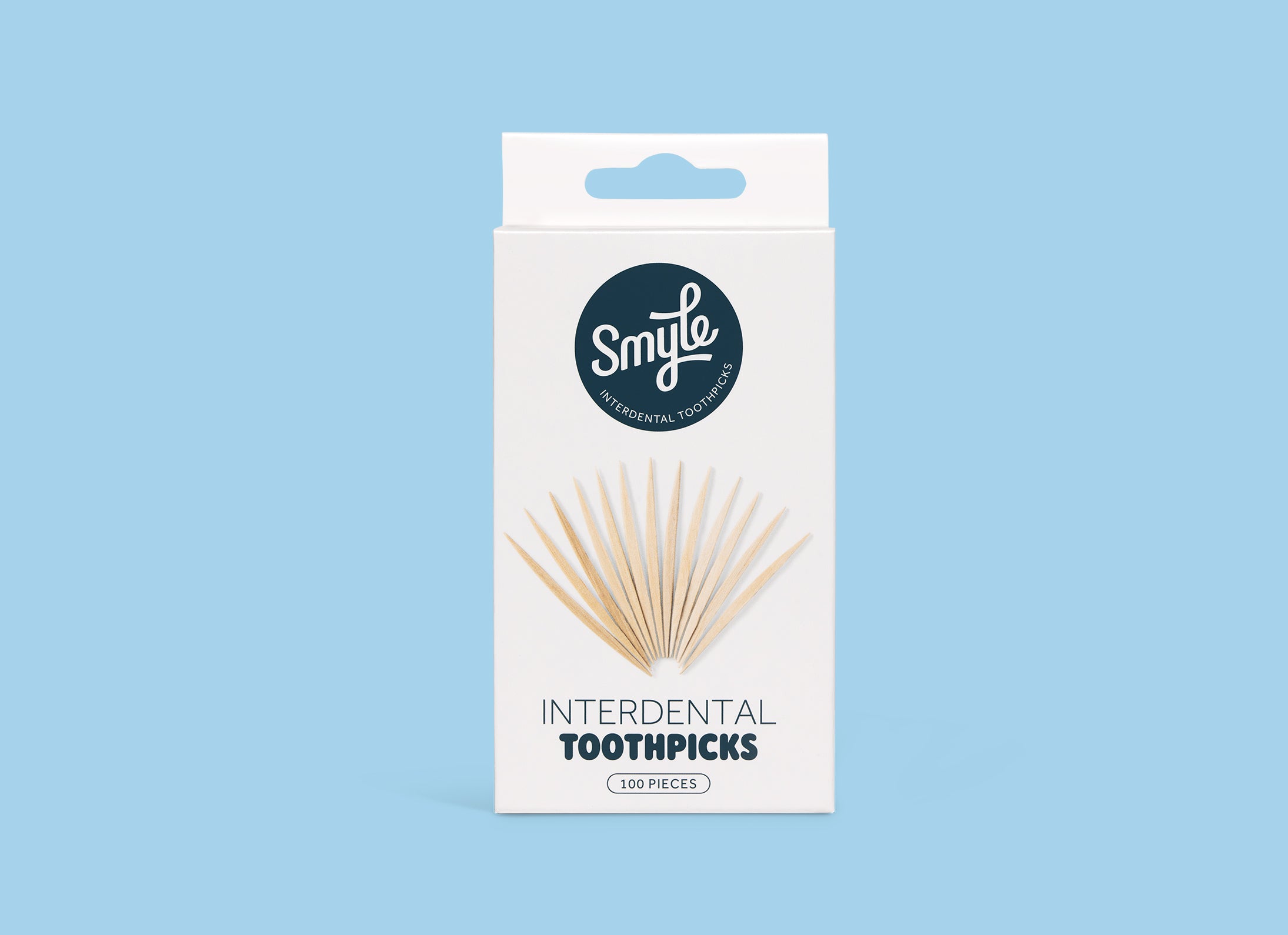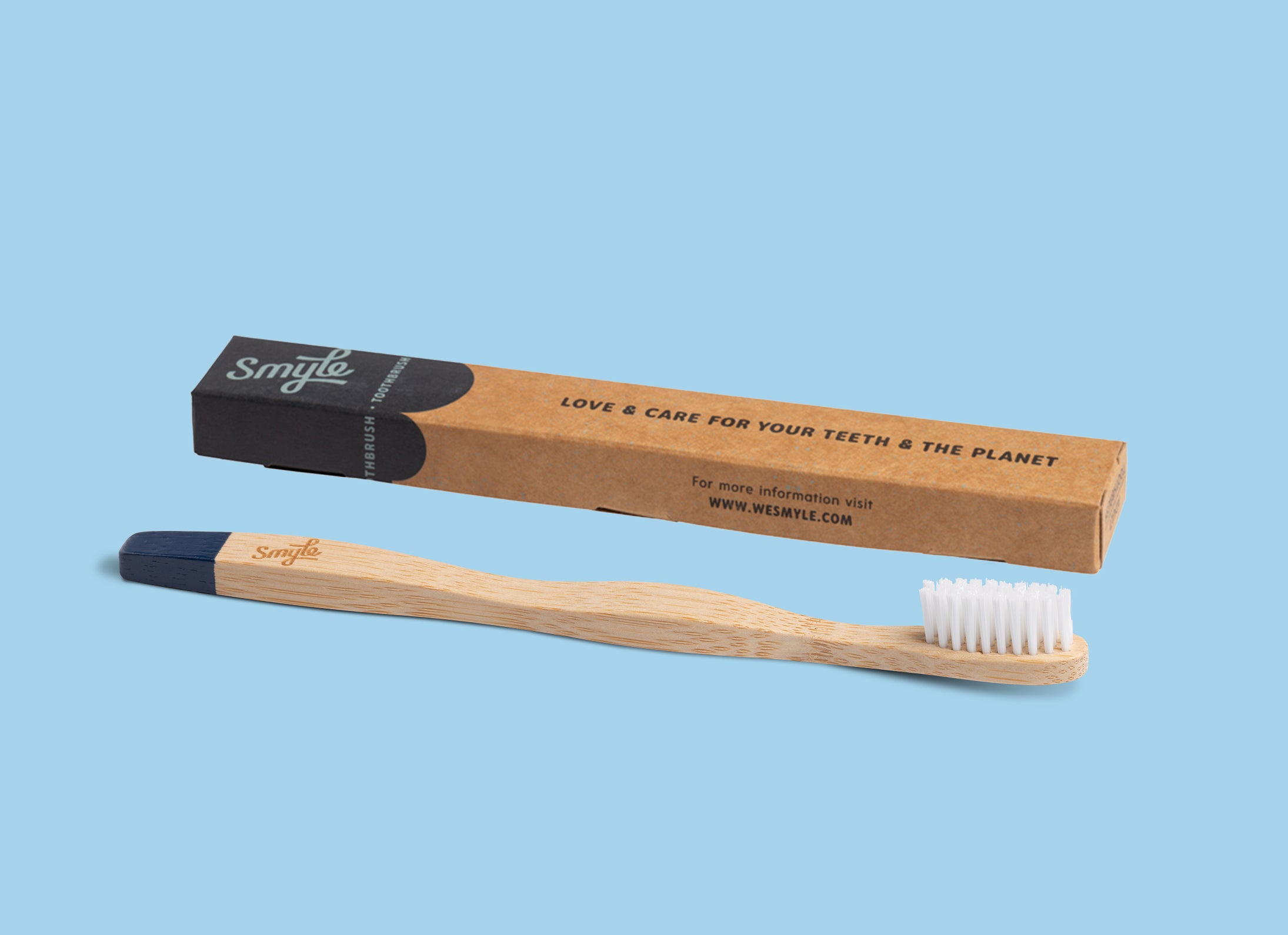
Mouthwash—also known as oral rinse—is an essential part of our daily oral care routine. But what exactly makes mouthwash so special, and how do you choose the right one for you? In this comprehensive guide, we’ll take you on a deep dive into the world of mouthwash. We’ll explain what it is, how it works, the benefits it offers, and how to use it properly. We’ll also explore the different types of mouthwash and their specific features. Whether you’re a longtime user or just starting to consider whether mouthwash is right for you, this guide will provide you with valuable insights.
What Is Mouthwash?
Mouthwash—also known as oral rinse—is a liquid product used to clean and refresh the mouth by, you guessed it… rinsing. It contains active ingredients that work hard to fight bacteria, reduce plaque, prevent tooth decay, and freshen your breath. Typically used alongside brushing and flossing, mouthwash adds an extra layer of protection against oral health problems.
There are many different types of mouthwash available, each offering specific benefits. Some focus on fighting cavities, others reduce inflammation, combat bad breath, or target more specific concerns. In fact, when paired with a solid oral care routine, the right type of mouthwash can play a significant role in maintaining a healthy mouth.
Mouthwash can also serve therapeutic purposes, addressing certain oral health issues. For example, some formulations are specially designed to relieve symptoms of gum disease, such as swelling and bleeding. Others may contain antiseptic or antibacterial agents to target specific bacteria in the mouth.
How Does Mouthwash Work?
The active ingredients in mouthwash vary depending on the type and its intended purpose, but they all work in a similar way. When you rinse, the ingredients are distributed throughout your mouth, coating your teeth, gums, tongue, and cheeks. From there, they get to work—fighting bacteria, loosening plaque, and helping to neutralize acids.
One of the major benefits of mouthwash is its ability to reach areas of the mouth that a toothbrush or floss might miss. That’s why it can be such a valuable addition to your daily oral care routine, especially if you’re prone to tooth decay or gum issues.
It’s also worth noting that mouthwash can be especially useful in certain situations. For instance, if you suffer from dry mouth—which can increase the risk of cavities—using a mouthwash that stimulates saliva production can help keep your mouth moist and better protect your teeth.
What Are the Benefits of Mouthwash?
Using mouthwash can offer a range of benefits for your oral health. One of the main advantages is its ability to improve overall oral hygiene. Thanks to its antibacterial properties, mouthwash can help reduce bacteria and plaque in the mouth, supporting better oral health and helping to prevent tooth decay and gum disease.
Mouthwash is also effective in fighting bad breath. Its active ingredients work to neutralize the odors caused by bacteria, leaving your breath feeling fresher and cleaner.
In addition, mouthwash can promote healthier gums. Certain formulas contain ingredients that reduce inflammation and help prevent bleeding, contributing to stronger and healthier gum tissue.
Another benefit of using mouthwash is that it can help maintain the natural color of your teeth. Many types include ingredients that help reduce the buildup of stains. This is especially helpful for people who drink a lot of coffee or tea, or for those who smoke.
How to Use Mouthwash the Right Way
It might seem simple enough, but there are a few key steps to follow to get the most out of your mouthwash:
Step 1: Brush and floss your teeth first. This helps remove plaque and food particles that have built up on and between your teeth.
Step 2: Measure the correct amount of mouthwash. Most products recommend using about 20 ml, but it’s always best to check the instructions on the label.
Step 3: Rinse your mouth thoroughly. Make sure the mouthwash reaches all areas of your mouth. Swish it around for about 30 seconds to one minute.
Step 4: Spit it out. Unlike toothpaste, mouthwash is not meant to be swallowed.
Step 5: Avoid eating, drinking, or brushing your teeth for at least 30 minutes after rinsing. This allows the active ingredients in the mouthwash time to do their job.
It’s also important to mention that you shouldn’t rinse your mouth with water right after using mouthwash. Doing so can reduce its effectiveness. The best approach is to simply spit it out and avoid rinsing or drinking anything for the next 30 minutes.
Different Types of Mouthwash and Their Benefits
There are many types of mouthwash available on the market, each with its own unique benefits. Here are some of the most common types:
-
Anti-cavity mouthwash: This type is specially formulated to help prevent cavities. It contains fluoride, a mineral that helps remineralize tooth enamel and protect against the development of tooth decay.
-
Anti-plaque mouthwash: This variety targets plaque—a sticky film of bacteria that forms on the teeth and contributes to tooth decay and gum disease.
- Antiseptic mouthwash: This type contains ingredients designed to kill bacteria, helping to prevent infections and combat bad breath.
- Gum protection mouthwash: Formulated with ingredients specifically meant to care for and protect the gums, this type can help prevent gum diseases like gingivitis.
- Whitening mouthwash: This variant contains ingredients intended to help whiten the teeth and remove surface stains, giving you a brighter smile.
Some mouthwashes are also developed for people with specific oral health needs. For example, there are mouthwashes for individuals with dry mouth, featuring ingredients that help stimulate saliva production. Others are made for those with sensitive teeth, using formulas that help reduce sensitivity and improve comfort.
Choosing the Right Mouthwash for You
With so many options on the market, choosing the right mouthwash can sometimes feel overwhelming. Here are a few things to keep in mind:
Purpose: Start by identifying what you want the mouthwash to do. Is it to prevent cavities, fight plaque, keep your gums healthy, or whiten your teeth? Knowing your goal will help you choose the right type.
Ingredients: Read the ingredient list carefully. Try to avoid products that contain alcohol, as these can dry out your mouth and may even contribute to bad breath over time.
Also, consider the flavor. If you don’t enjoy the taste of your mouthwash, you’re less likely to use it consistently. Luckily, there are many flavors available—from mint to cinnamon—so you’re likely to find one that suits your preference.
Dentist’s Advice: If you’re still unsure which mouthwash is best for you, ask your dentist. They can offer personalized recommendations based on your oral health needs. Or check out our list of the best mouthwashes by clicking here!
Frequently Asked Questions About Mouthwash
- Should I use mouthwash before or after brushing my teeth?
There’s some debate on this, but most experts recommend using mouthwash after brushing. This is because mouthwash can help rinse away loosened plaque and food particles left behind from brushing, giving your mouth an extra clean feeling.
- Can mouthwash replace brushing?
No, mouthwash is meant to complement brushing, not replace it. Brushing remains the most effective way to remove plaque and prevent cavities.
- Is it safe to use mouthwash every day?
Yes, most mouthwashes are safe for daily use, as long as you follow the instructions on the label. However, some types—such as those with a high fluoride concentration—may need to be used less frequently. Always check the packaging or consult your dentist if you’re unsure.
Another common question is whether children can use mouthwash. In general, mouthwash is not recommended for children under the age of six, as they may accidentally swallow it. For older children, mouthwash can be a helpful addition to their oral care routine, but it’s important to teach them how to use it properly.
How Mouthwash Can Improve Oral Health
Mouthwash can play a significant role in improving and maintaining your oral health. As mentioned earlier, using mouthwash regularly can help fight bacteria and plaque, prevent tooth decay and gum disease, and freshen your breath. But how does it actually work?
One of the biggest advantages is its ability to reach areas of the mouth that a (electric) toothbrush or floss might miss. This means it can help remove harmful bacteria and food particles from hard-to-reach places, such as between the teeth and along the gumline.
Additionally, the active ingredients in mouthwash can help neutralize acidity levels in the mouth. This is important because acids produced by bacteria can erode tooth enamel and contribute to the development of cavities.
Mouthwash has also been shown to freshen breath by reducing the number of odor-causing bacteria in the mouth. For those suffering from halitosis, or chronic bad breath, using a therapeutic mouthwash can be an effective way to address the root cause of the odor—rather than simply masking it, as many breath fresheners do.
Furthermore, fluoride-containing mouthwashes can help strengthen tooth enamel. Fluoride is a mineral that aids in the remineralization of enamel, making it stronger and more resistant to the acids produced by bacteria in the mouth.
So by rinsing regularly, you can significantly enhance your oral health and help prevent common issues like tooth decay and gum disease.
The Future of Mouthwash
As our understanding of oral health continues to grow, so does the technology behind oral care—and that includes mouthwash. In the coming years, we can expect to see new types of mouthwash entering the market, featuring more advanced and targeted ingredients.
There’s also a growing interest in natural and organic oral care products, including mouthwash. It’s likely that we’ll see an increase in plant-based formulas that are free from artificial chemicals, catering to those who prefer more natural alternatives in their routines.
In addition, there’s increasing awareness of the strong link between oral health and overall health. Research has shown that oral health issues—such as gum disease—may be connected to systemic conditions like heart disease and diabetes. Future mouthwashes may be developed to support not only oral hygiene, but also general wellness.
No matter what the future holds, one thing remains clear: mouthwash will continue to be a valuable tool in the fight against oral health problems—and in maintaining a fresh, healthy smile.
Conclusion
Mouthwash is more than just a quick fix for fresh breath. It’s a powerful tool that, when used correctly, can contribute to better oral hygiene, healthier gums, and stronger teeth. Whether you're looking to prevent tooth decay, improve gum health, or simply freshen your breath, there's a mouthwash out there for you.
Remember, a healthy smile not only boosts your appearance—it’s also a reflection of your overall well-being. By prioritizing your oral health with tools like mouthwash, you’re investing not just in your smile, but in your general health as well. It’s important to keep in mind that mouthwash is a complement to a good oral care routine, not a replacement for brushing and flossing. You won’t achieve a healthy mouth with mouthwash alone. But when it’s used alongside regular brushing, flossing, and dental check-ups, mouthwash can be an effective way to keep your mouth healthy and your smile bright.

